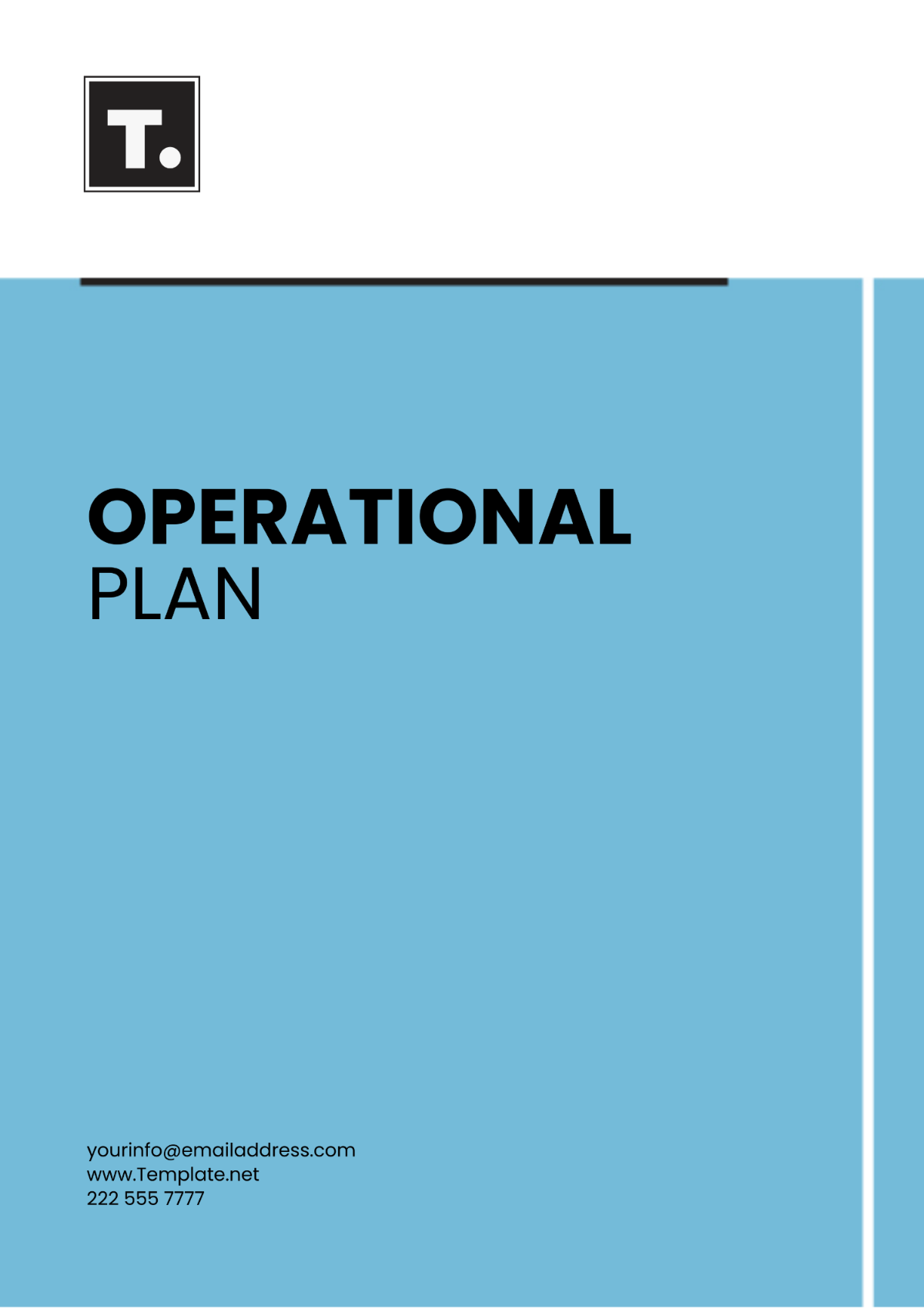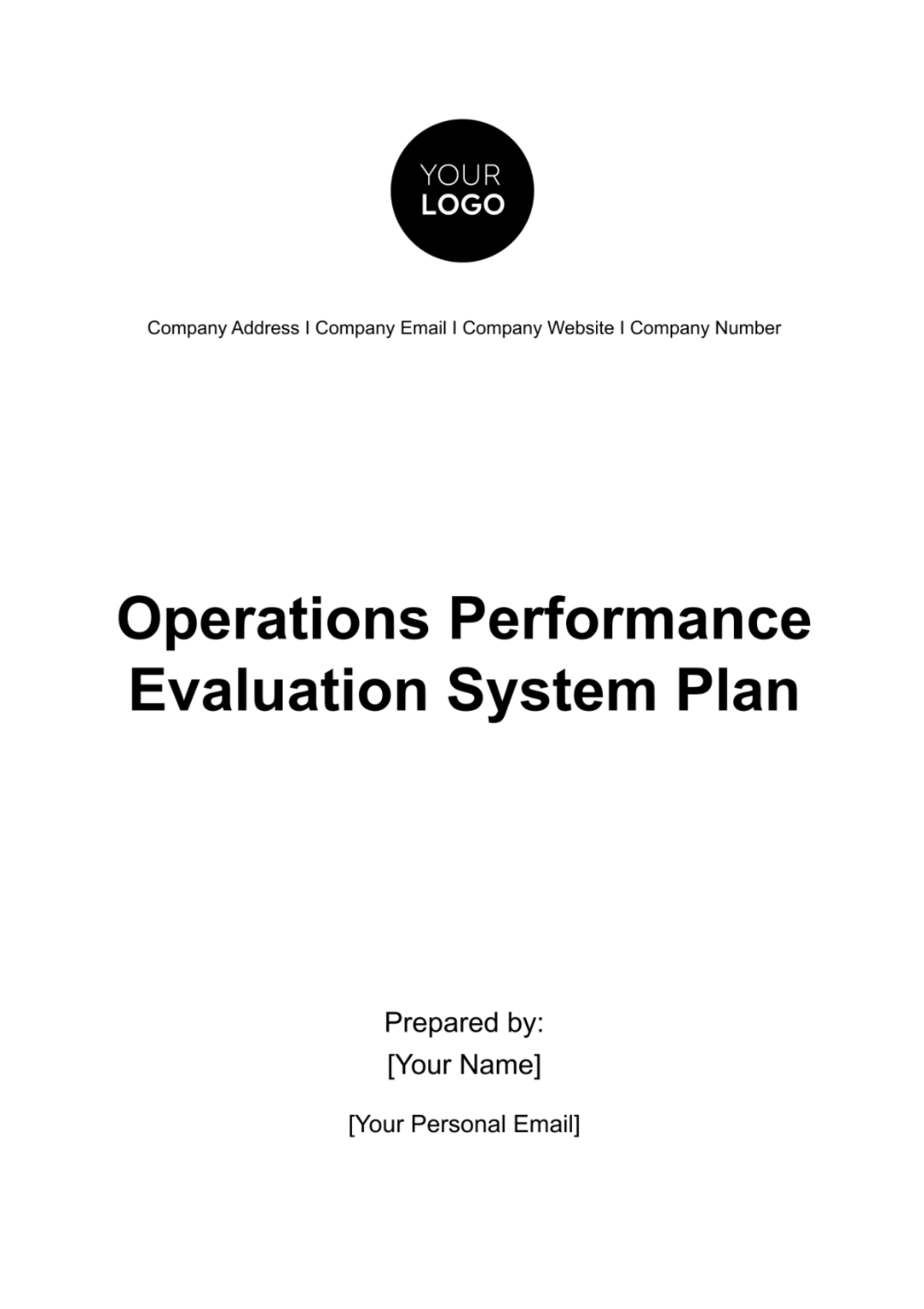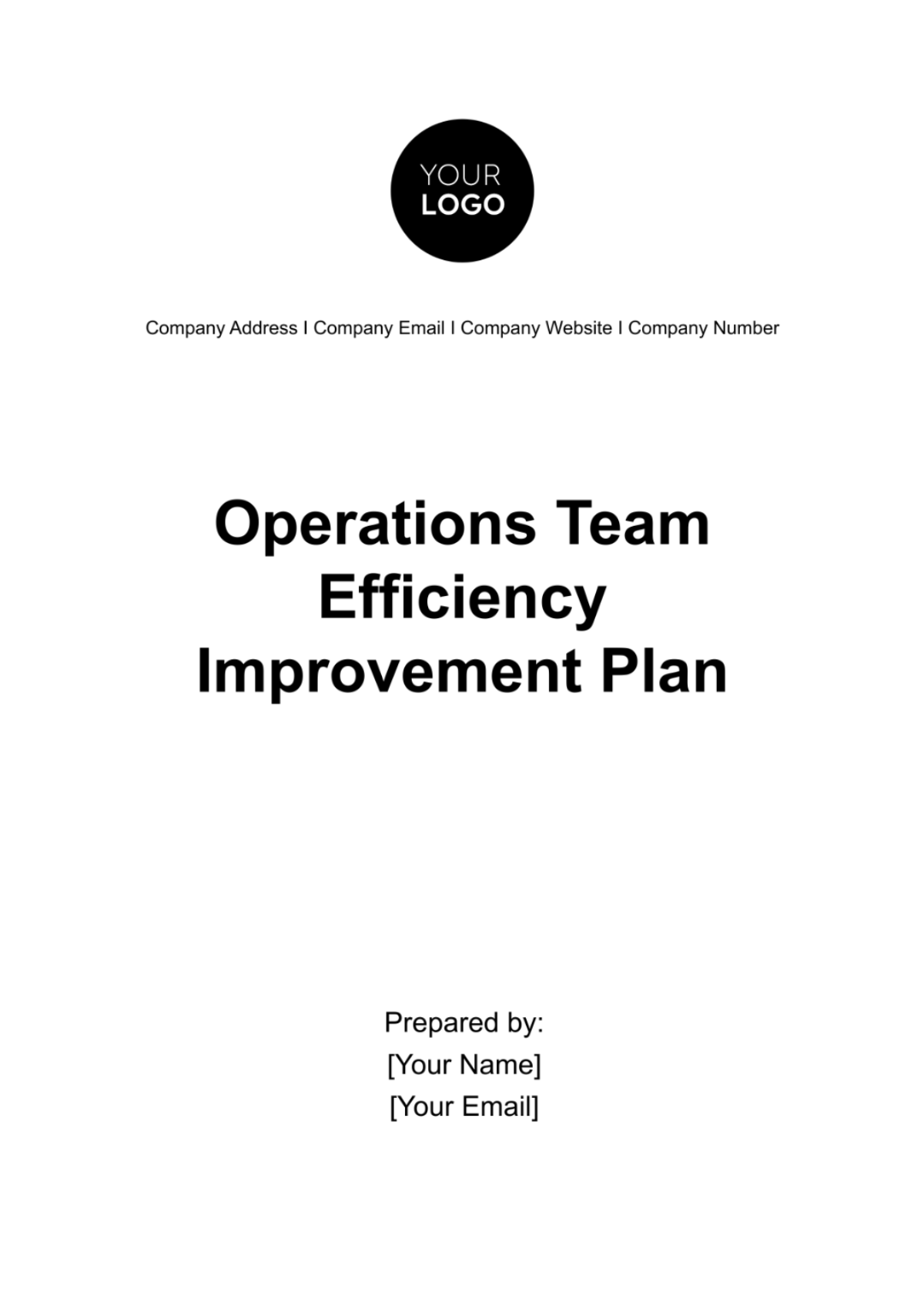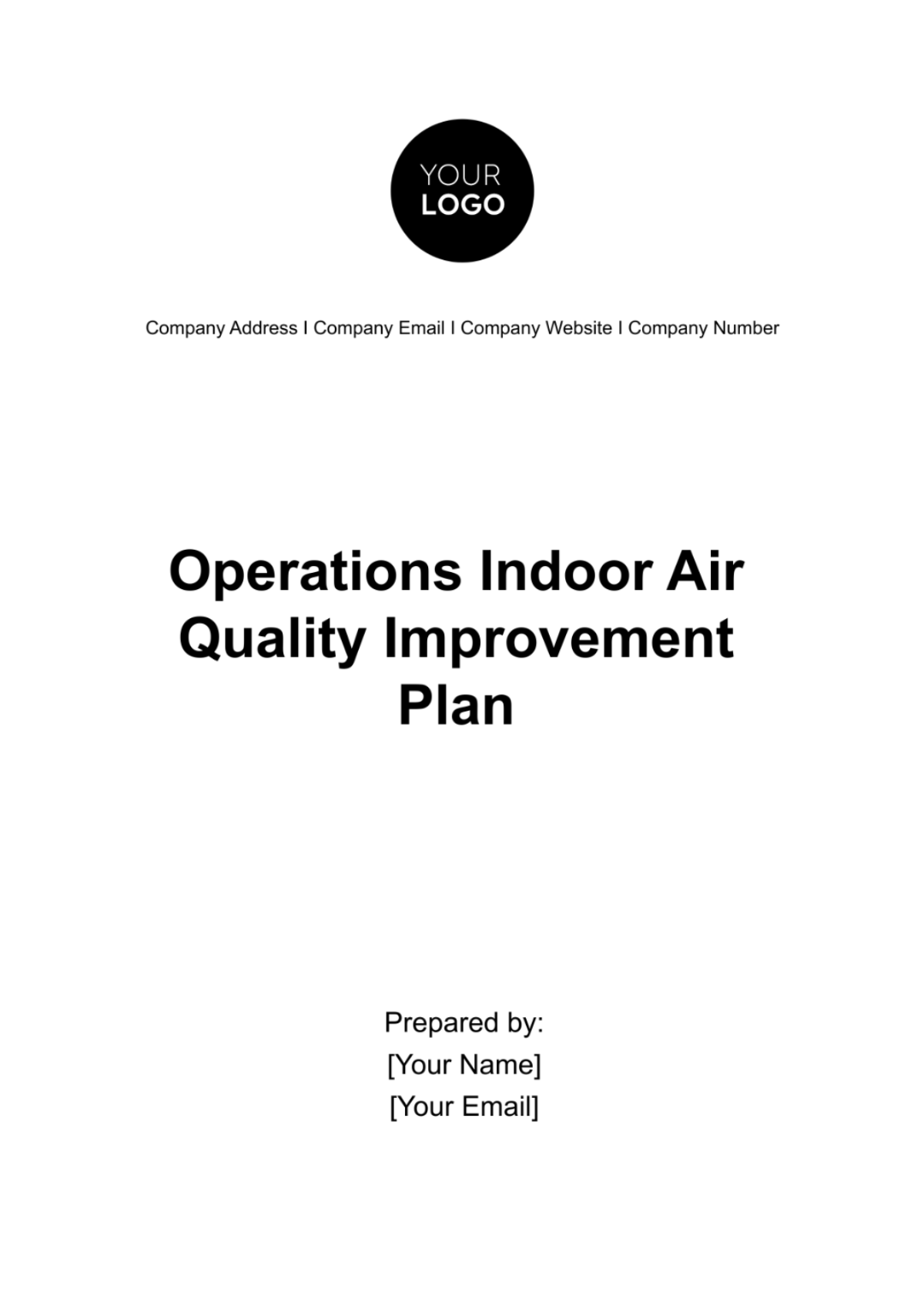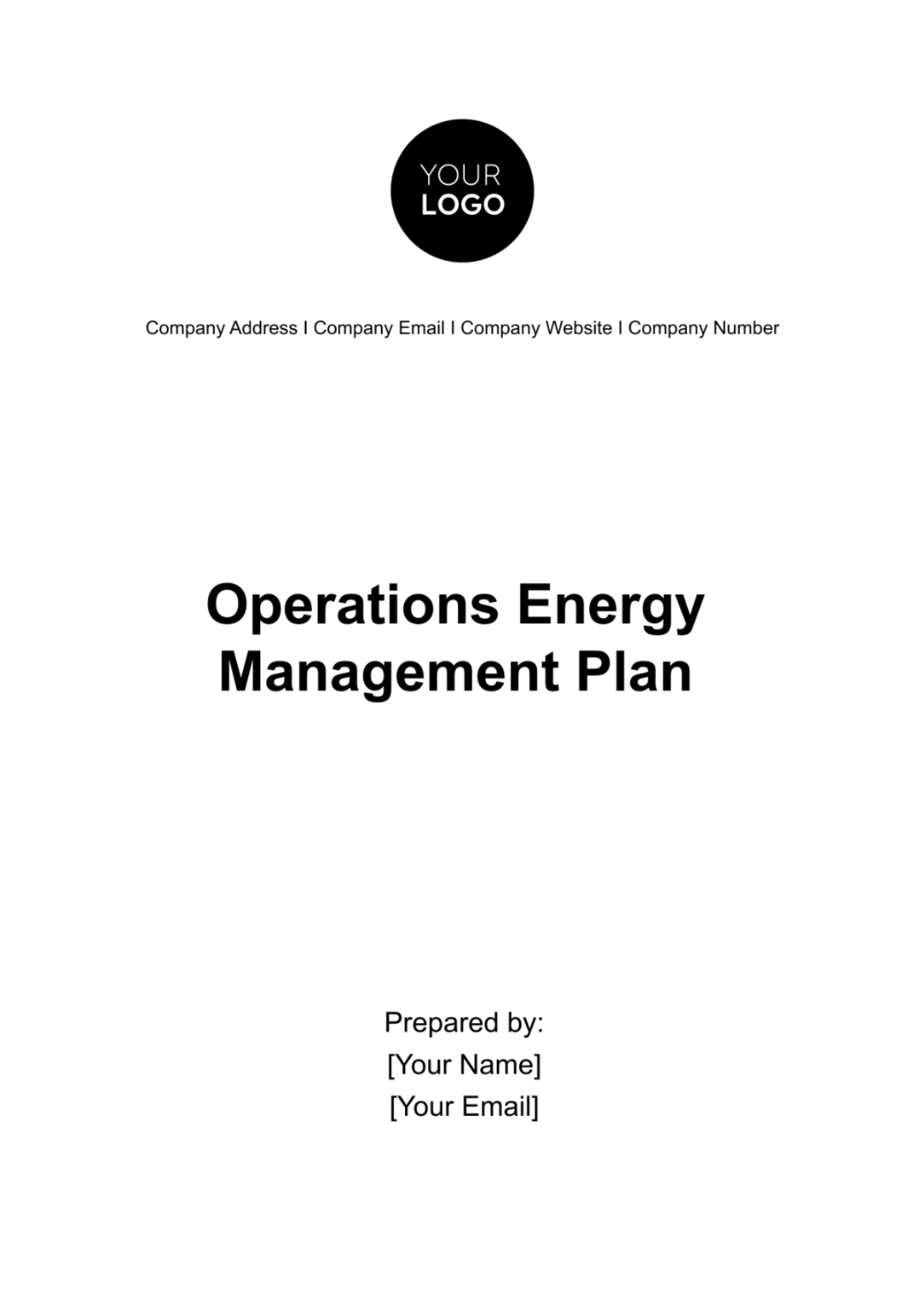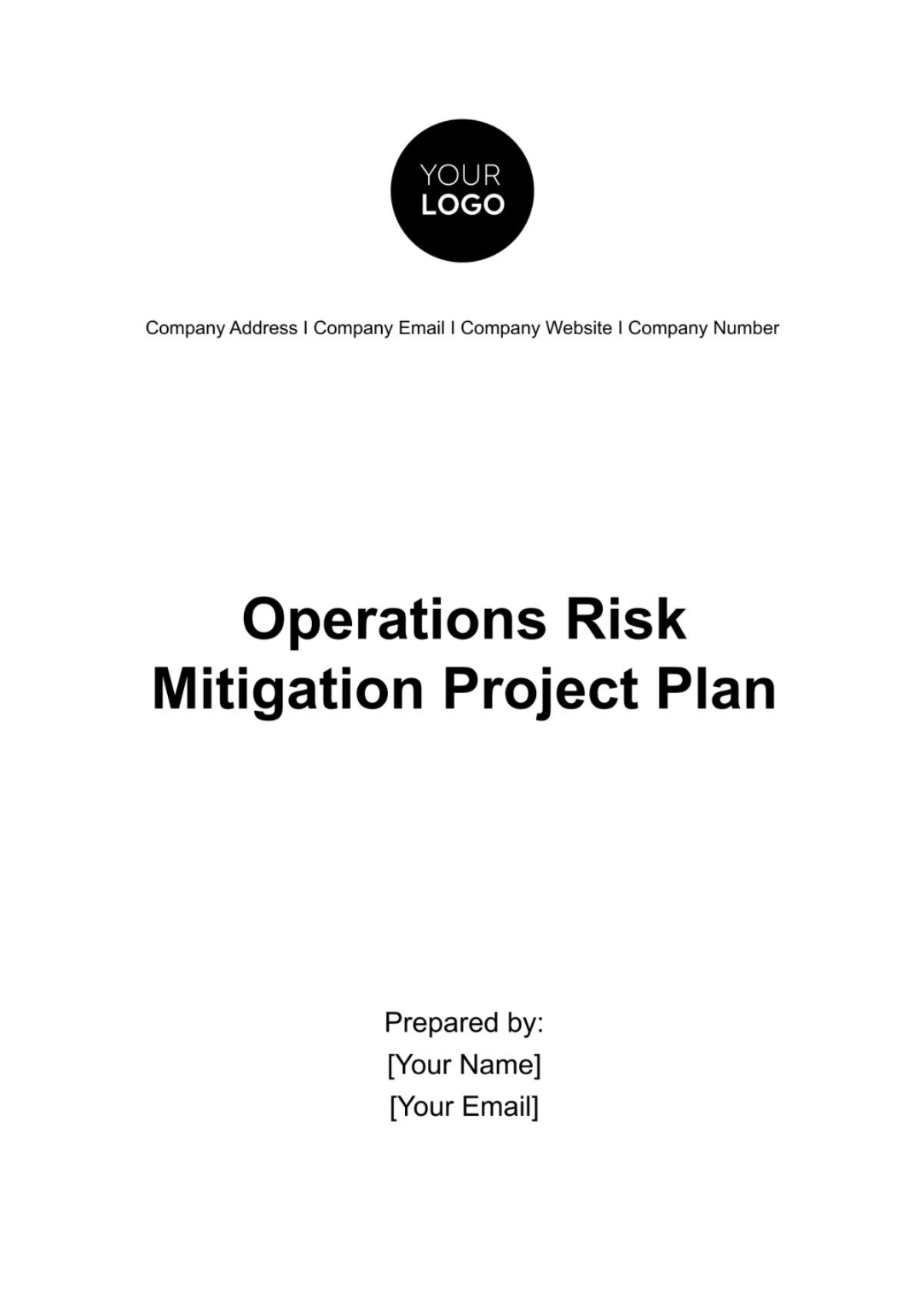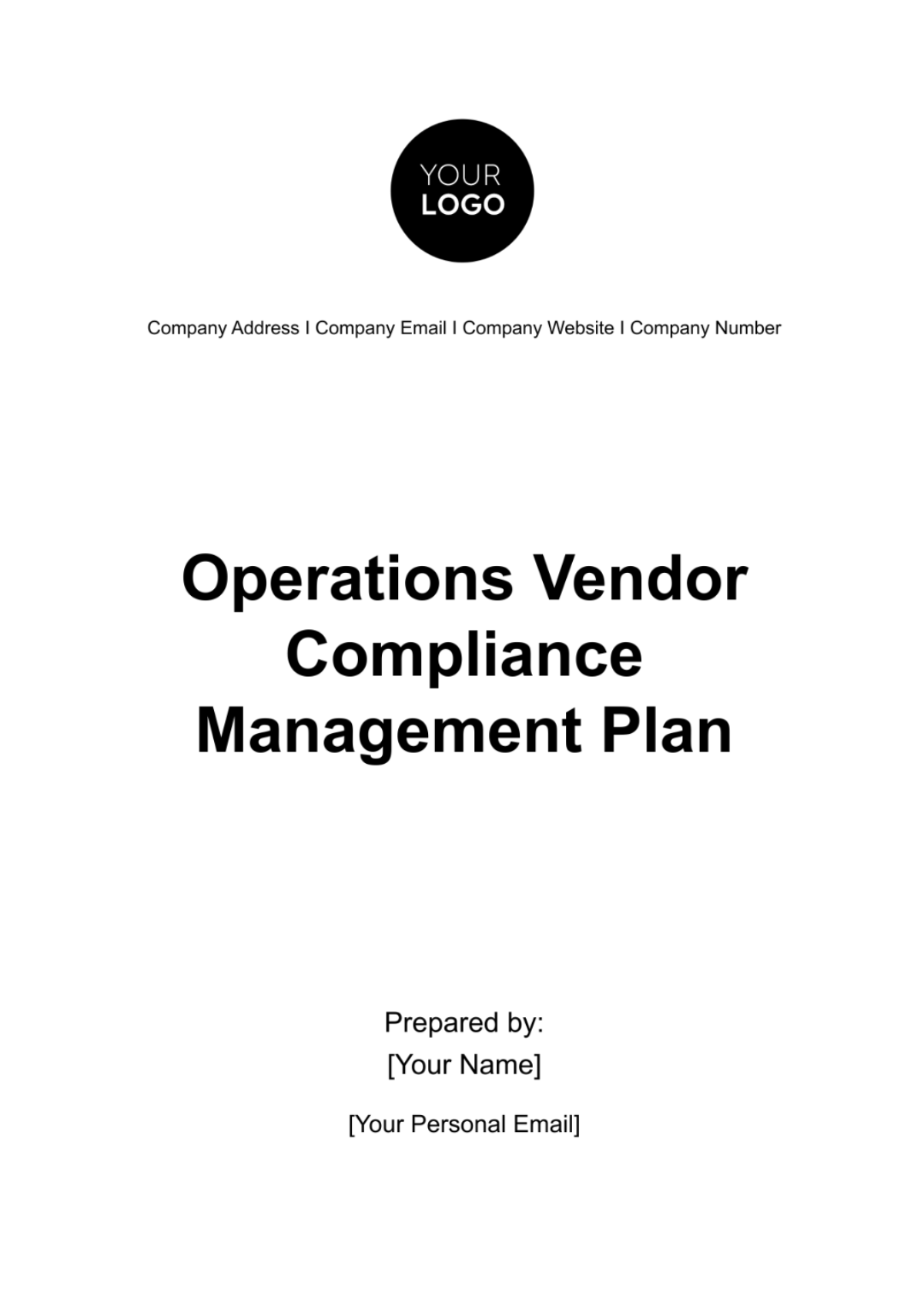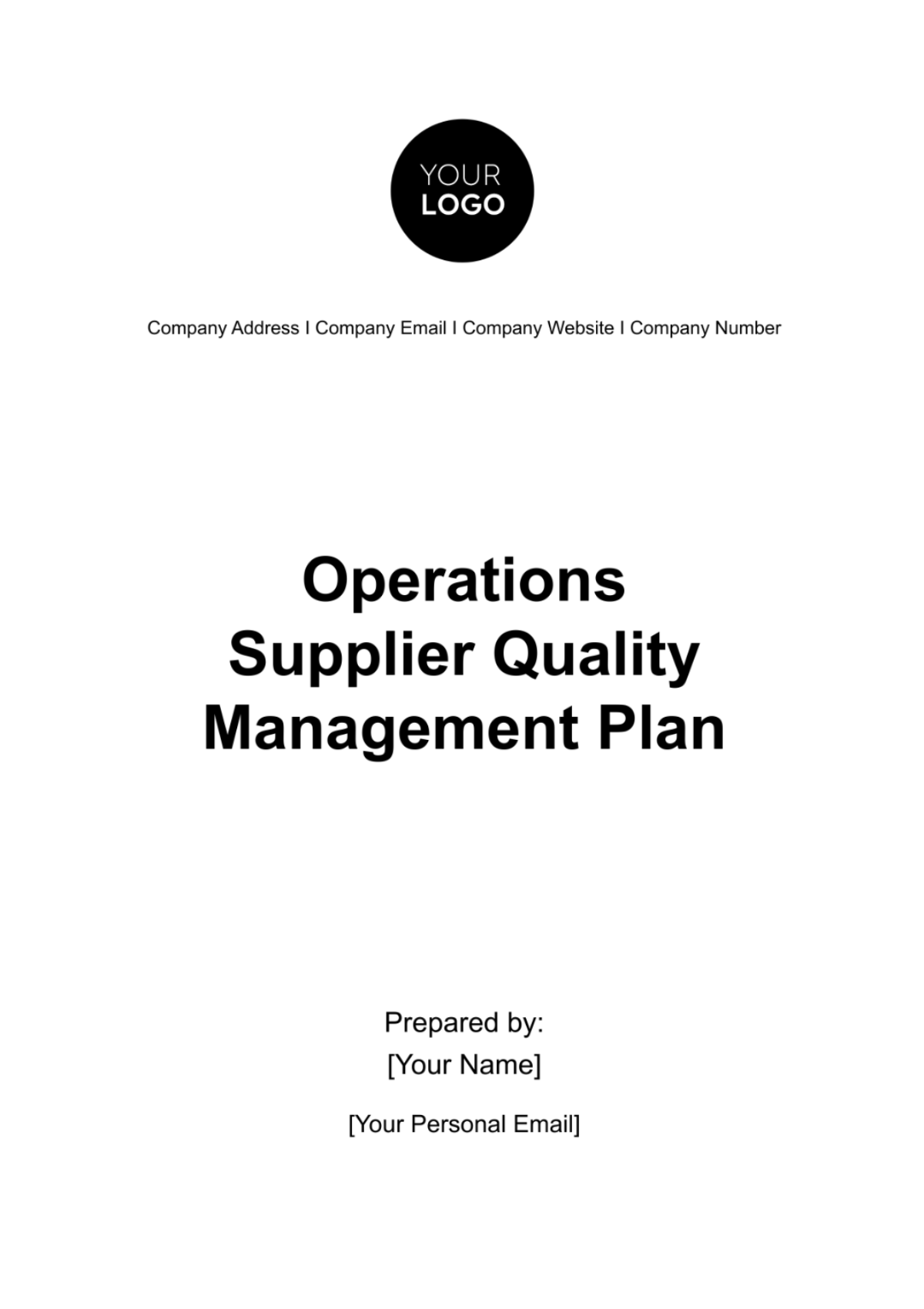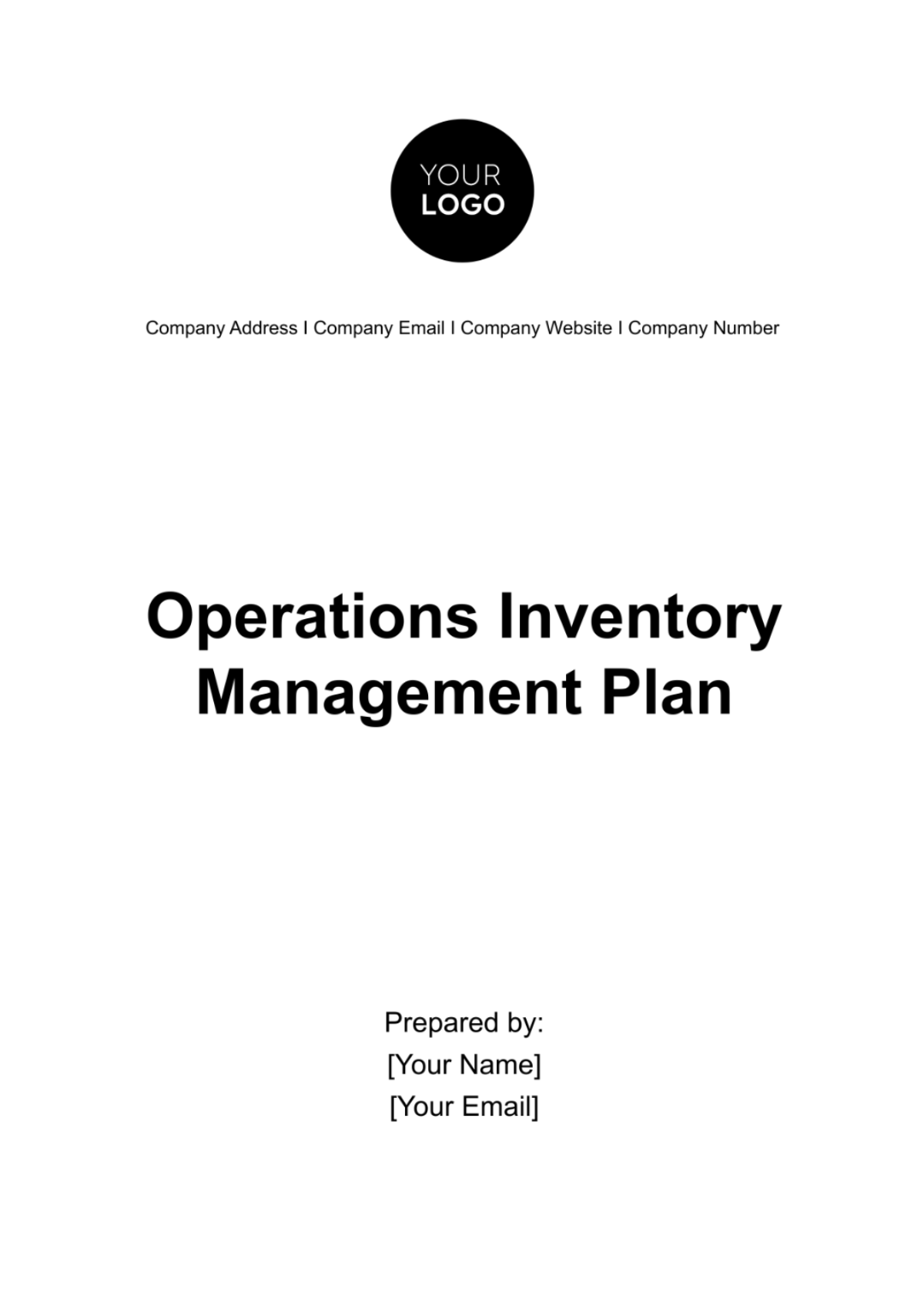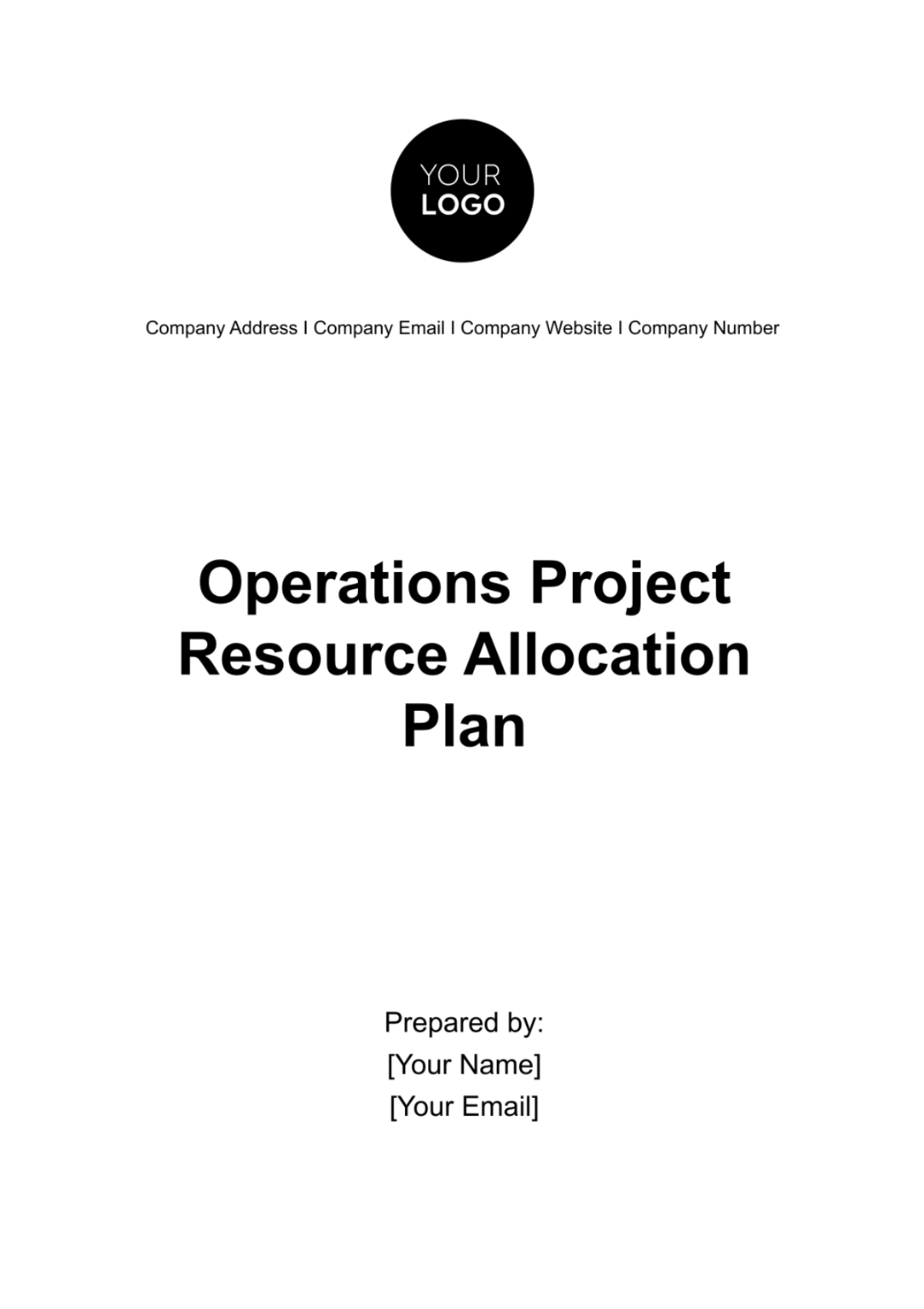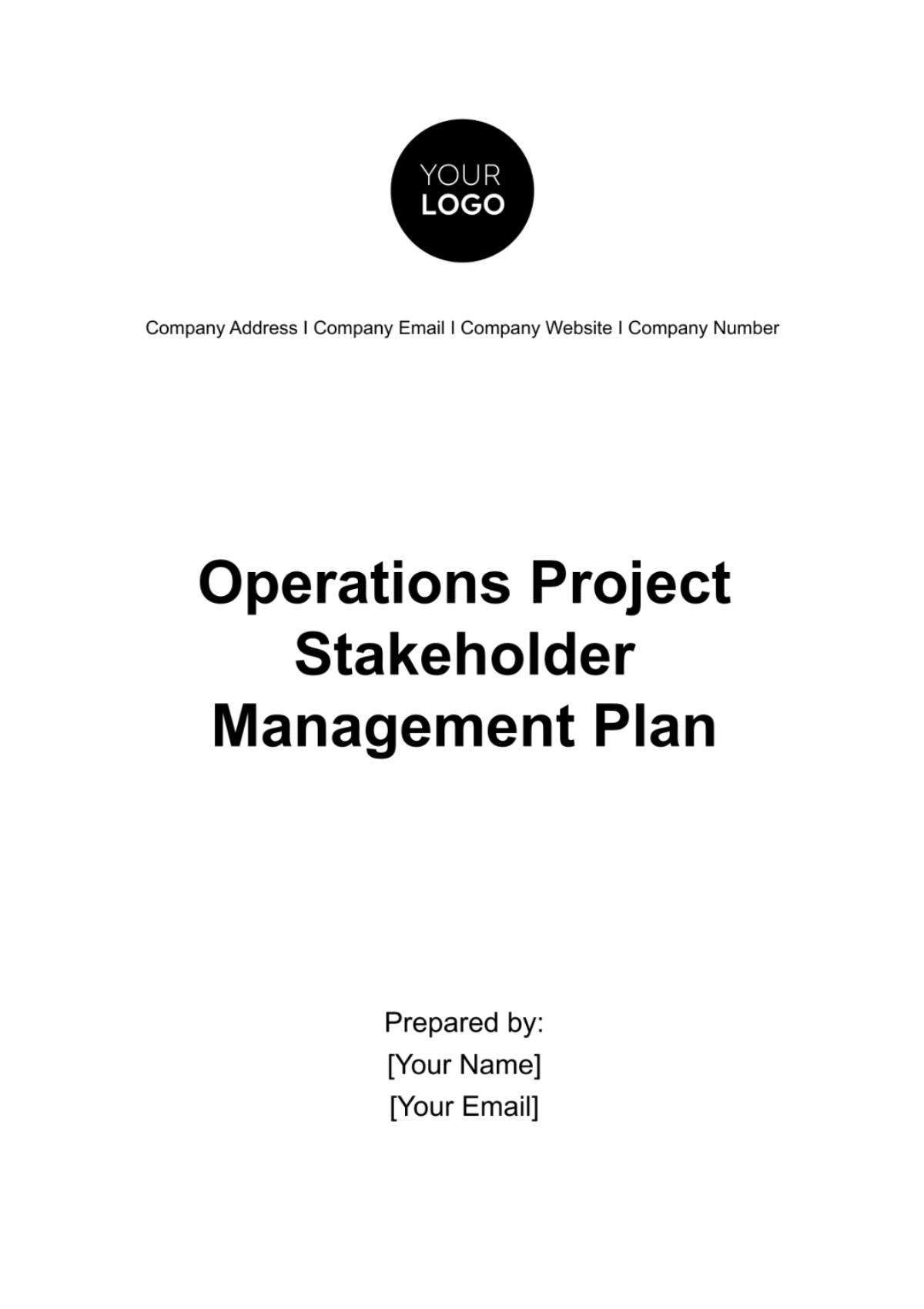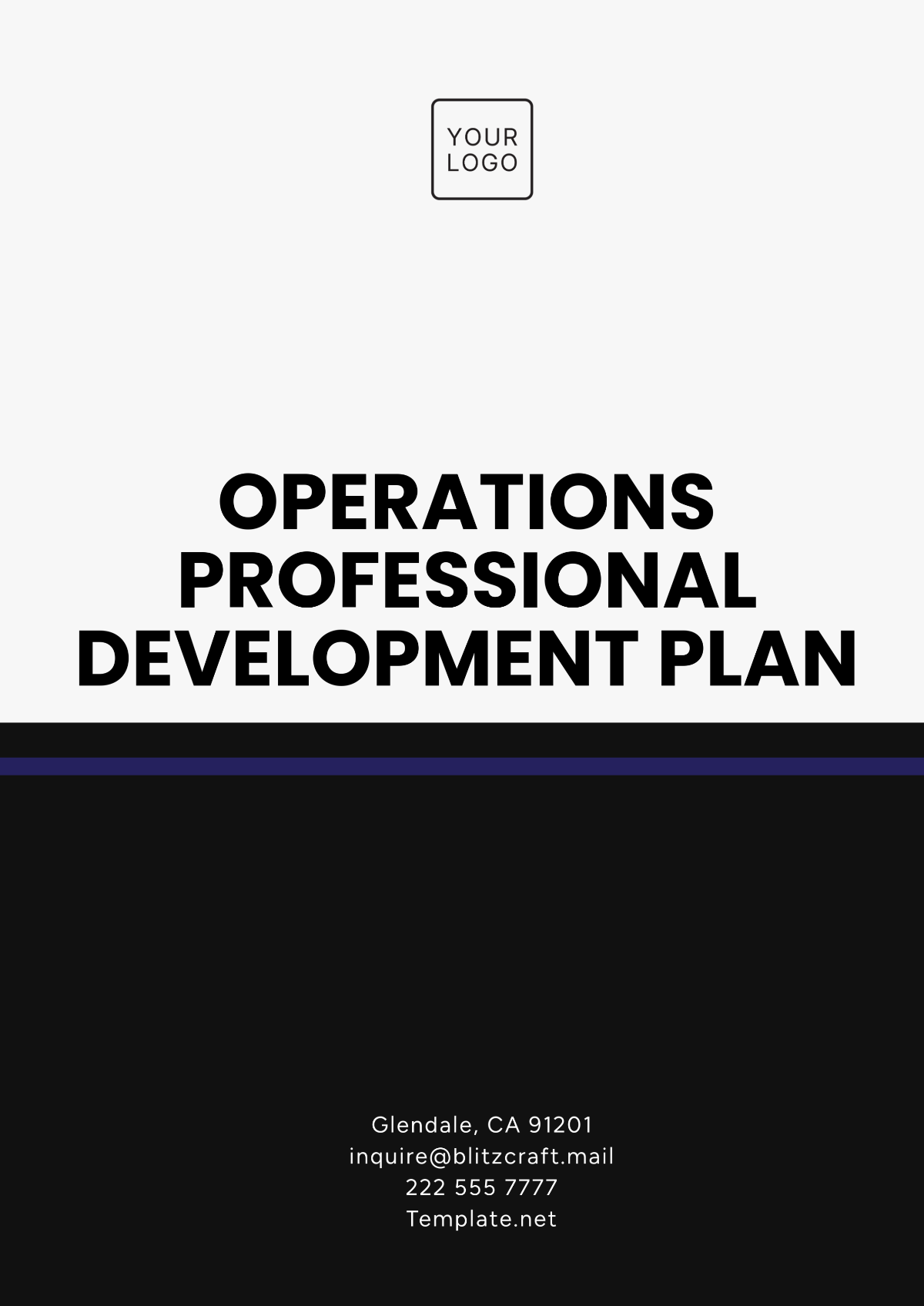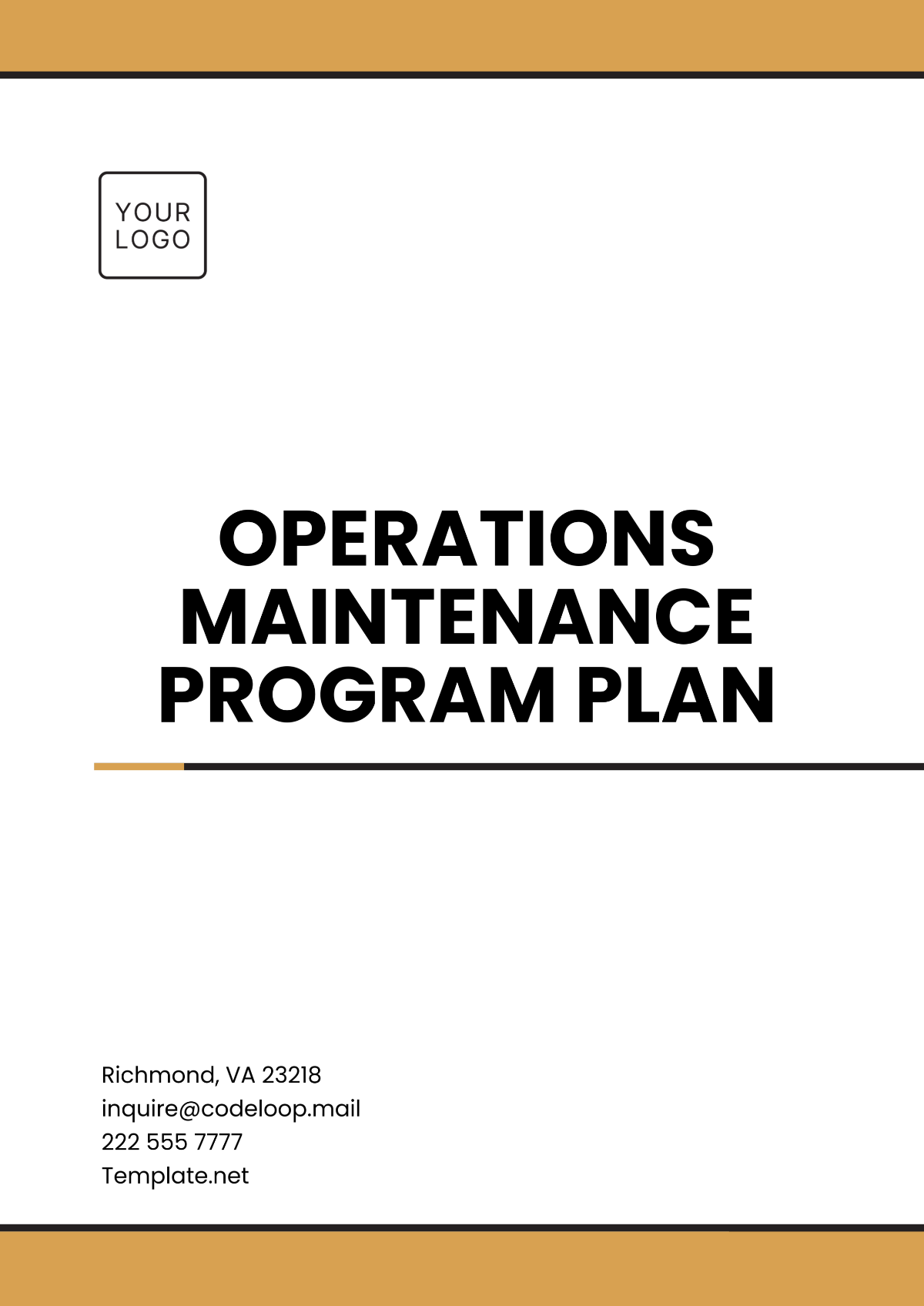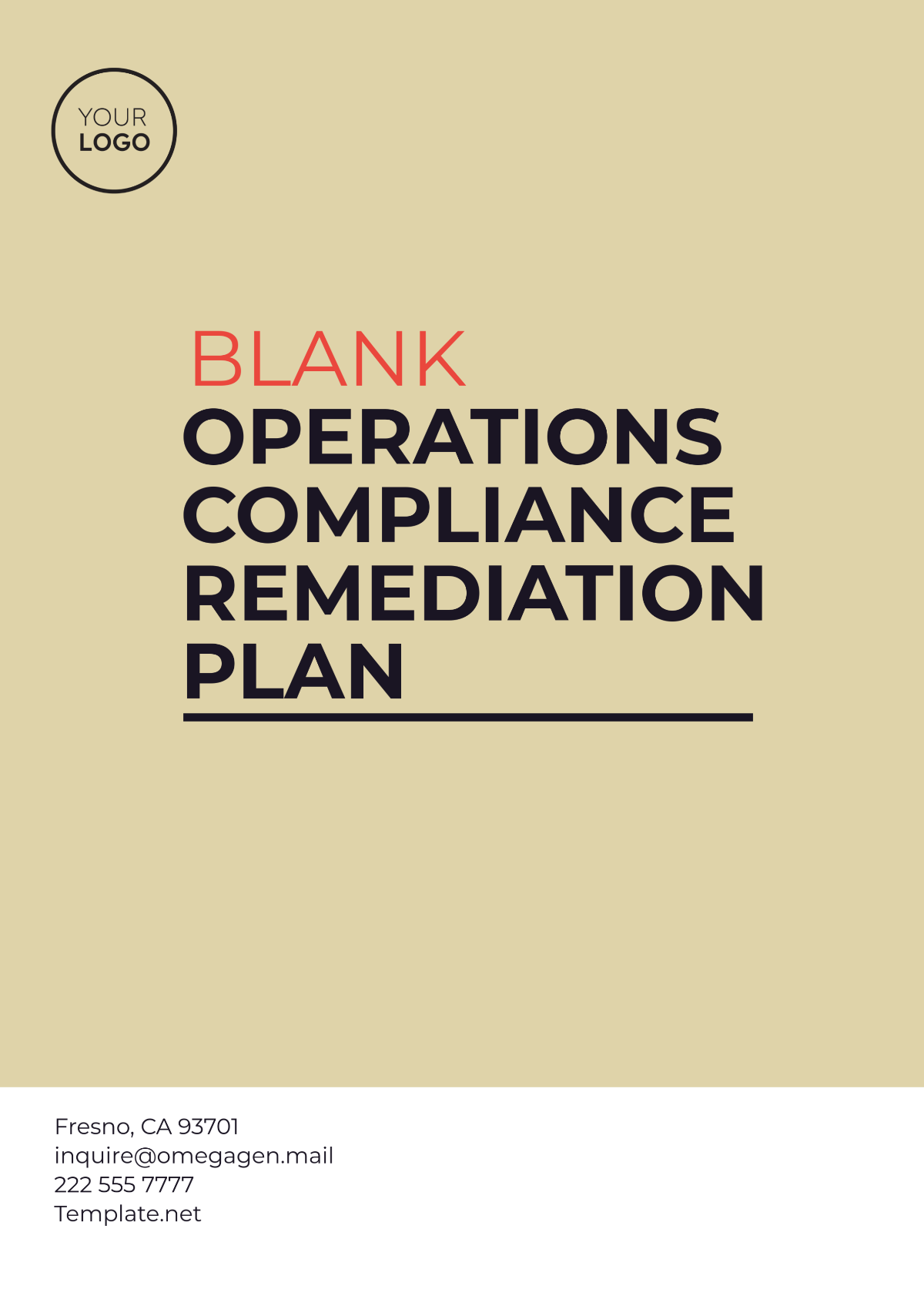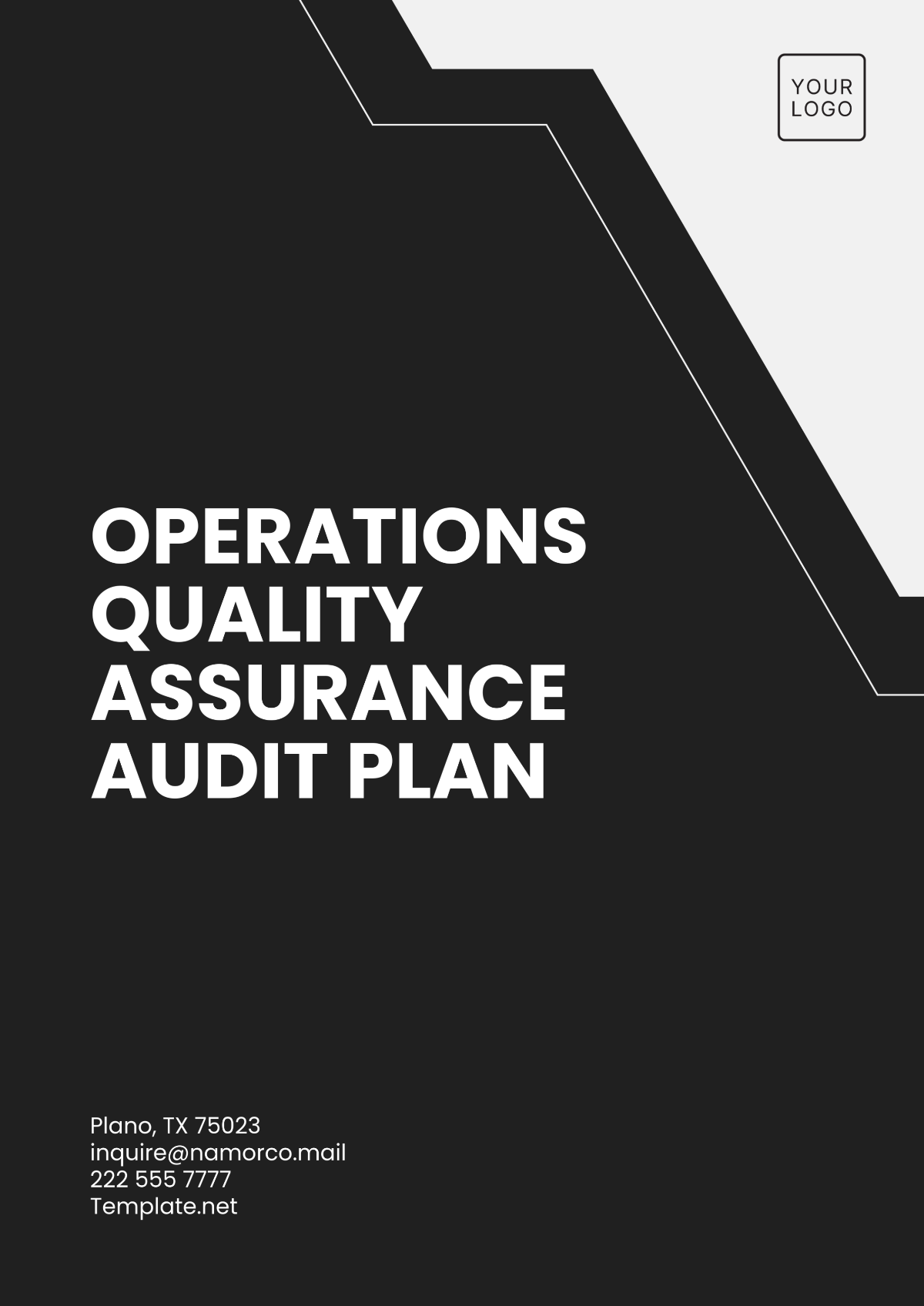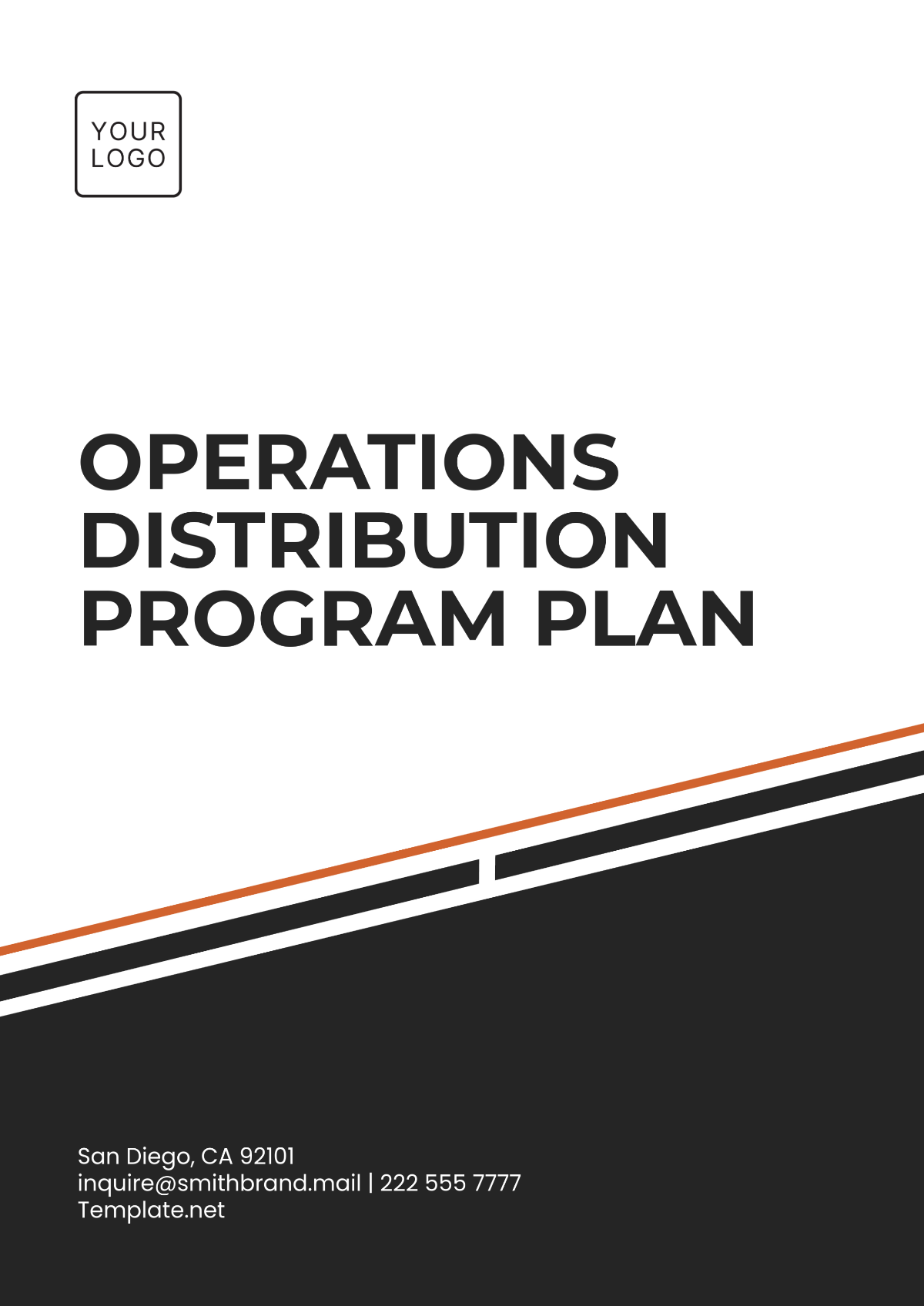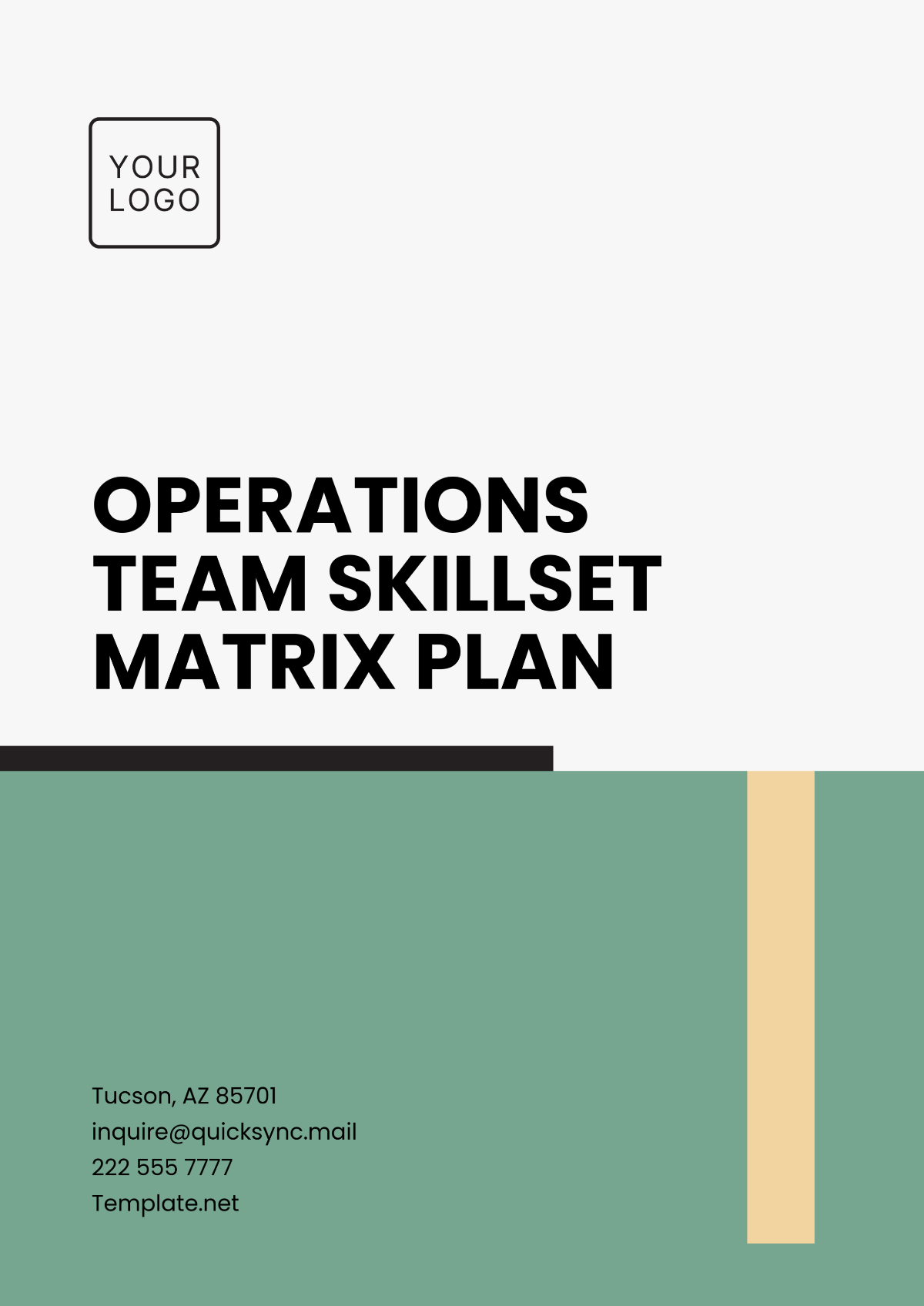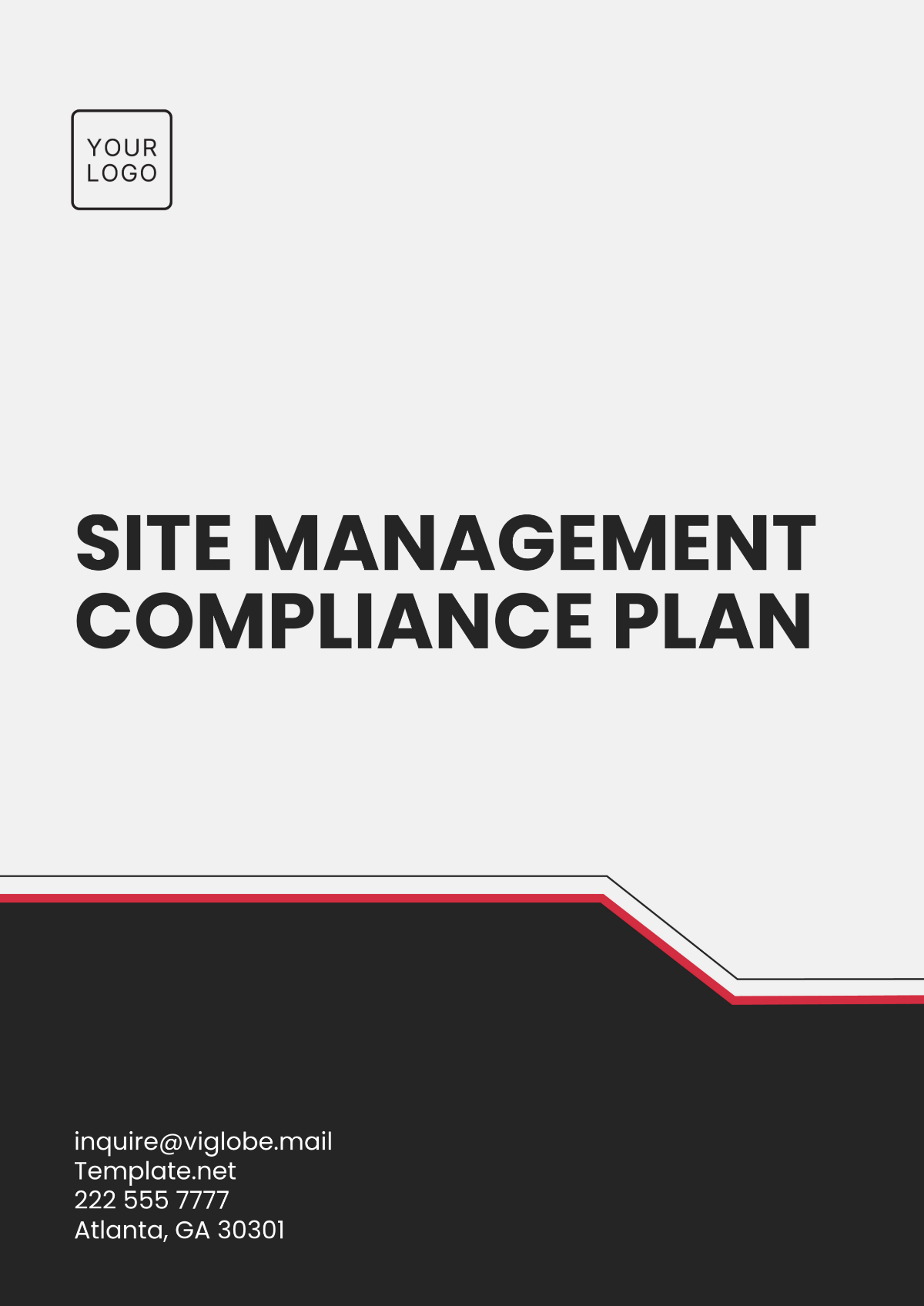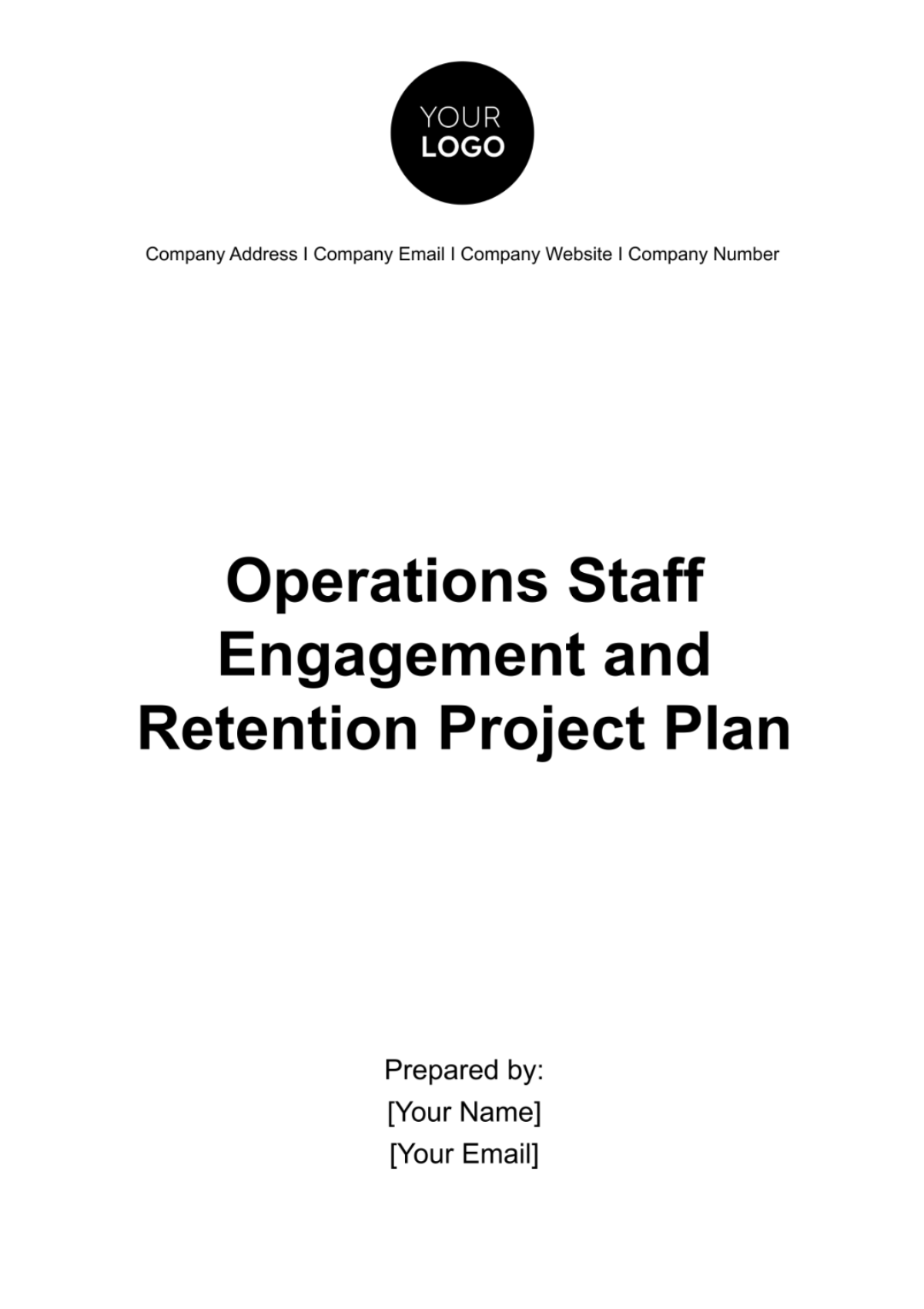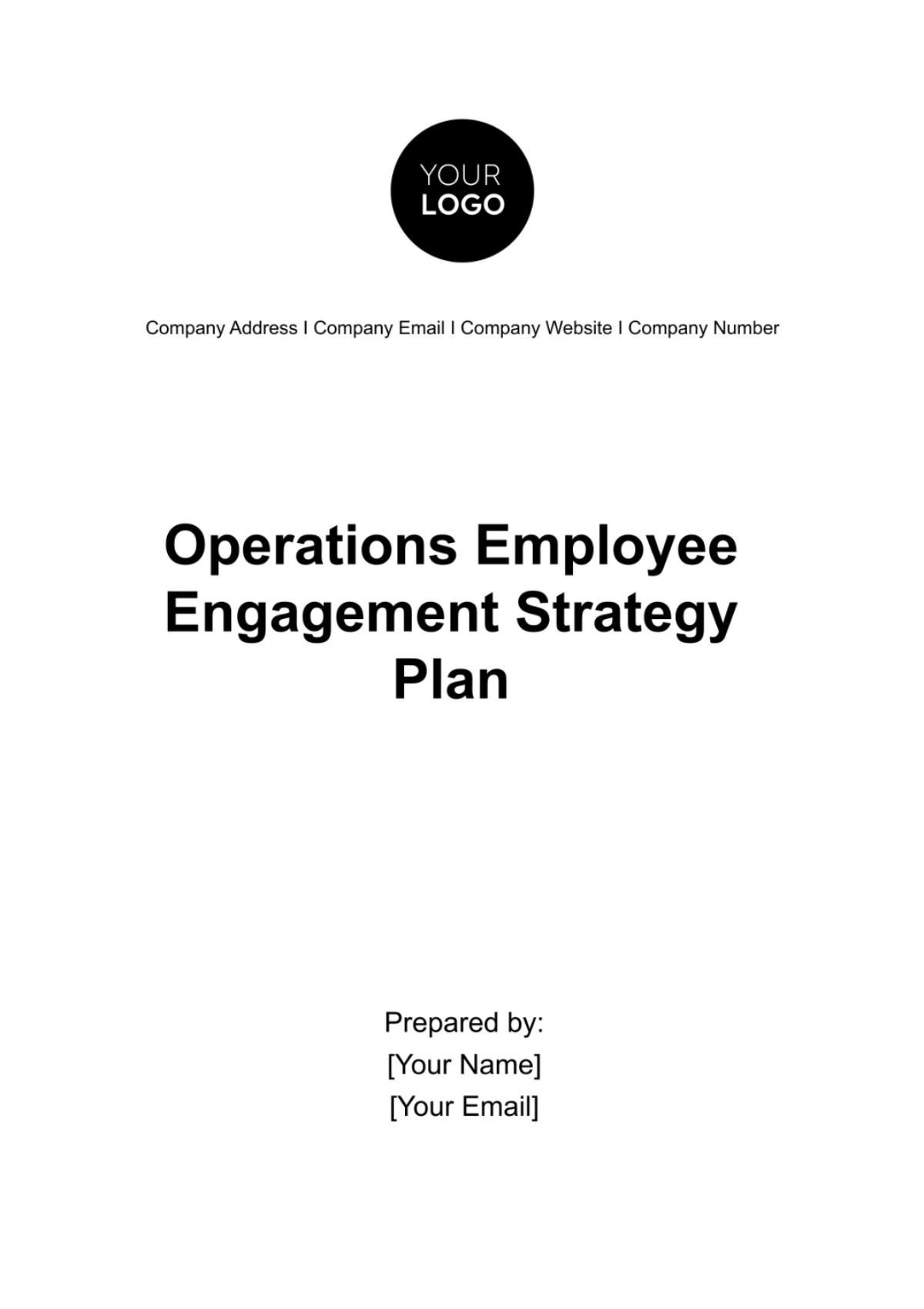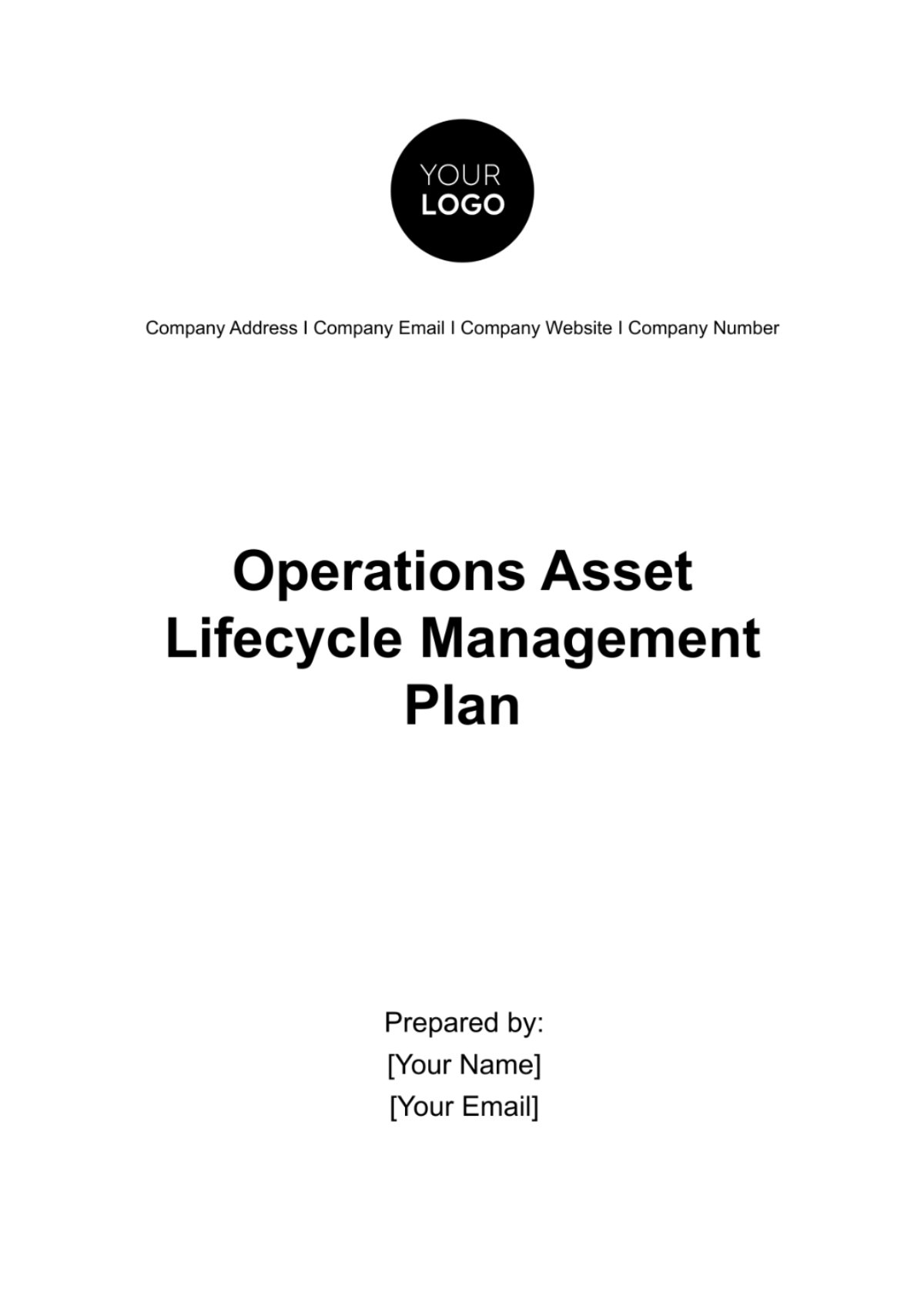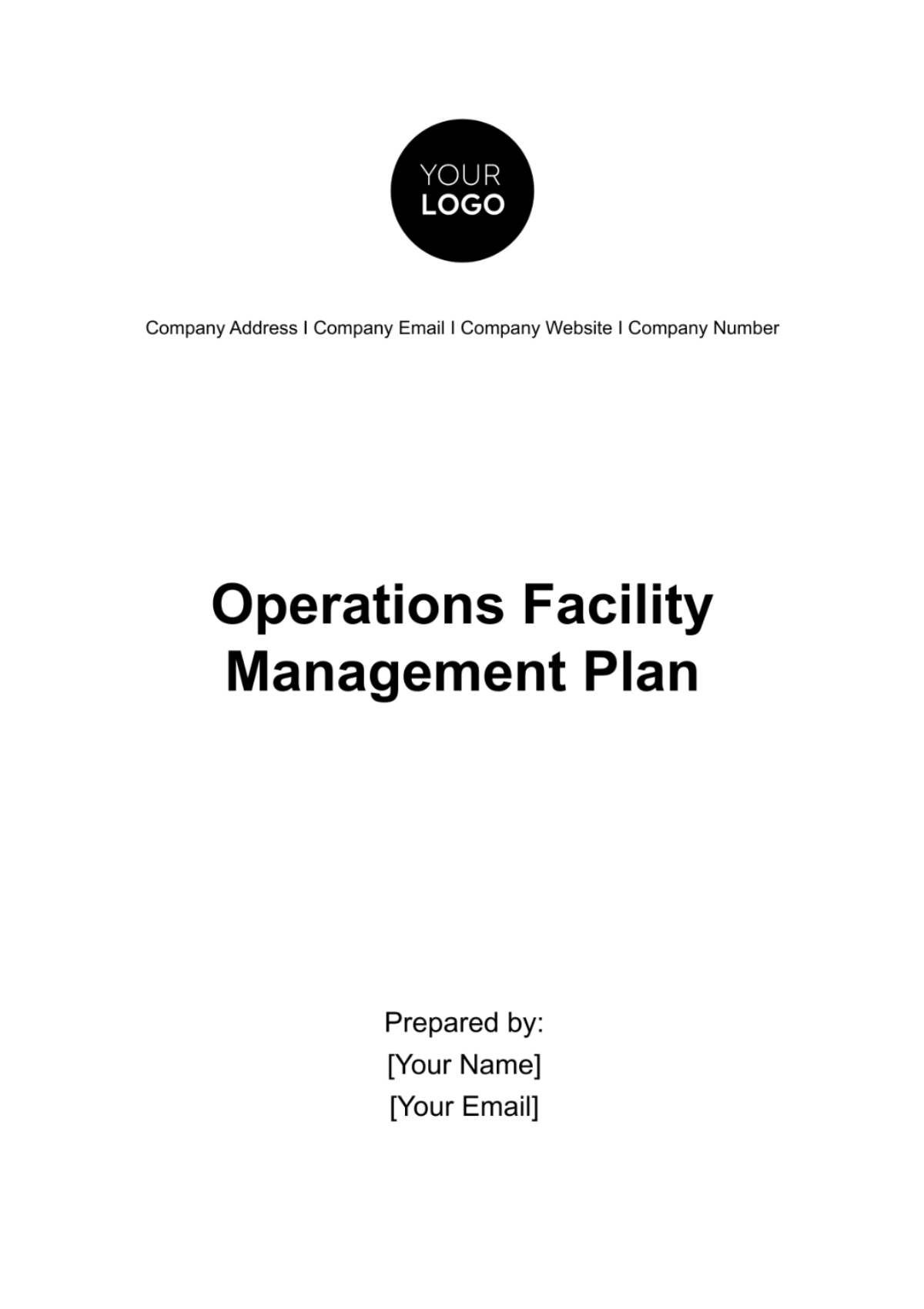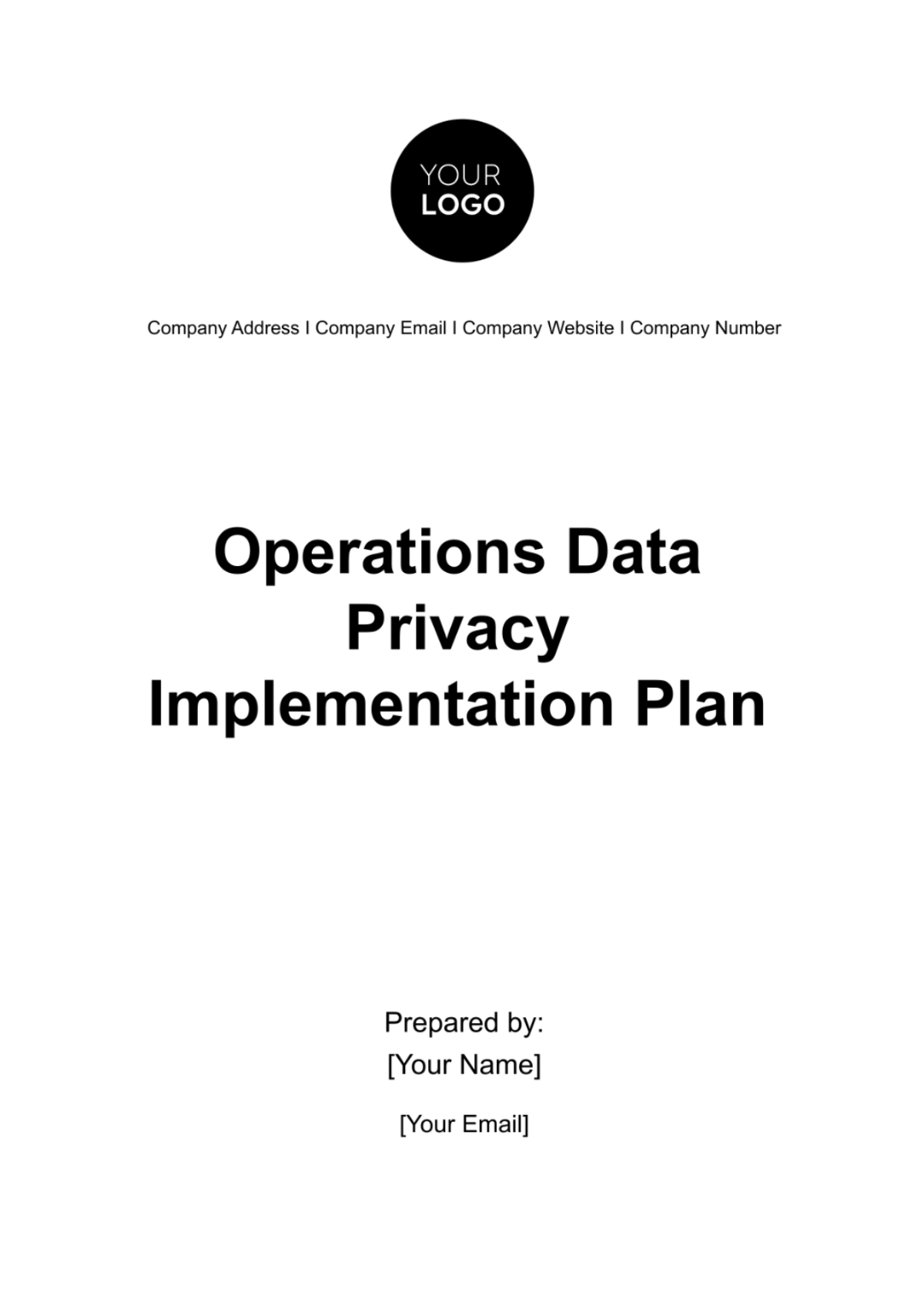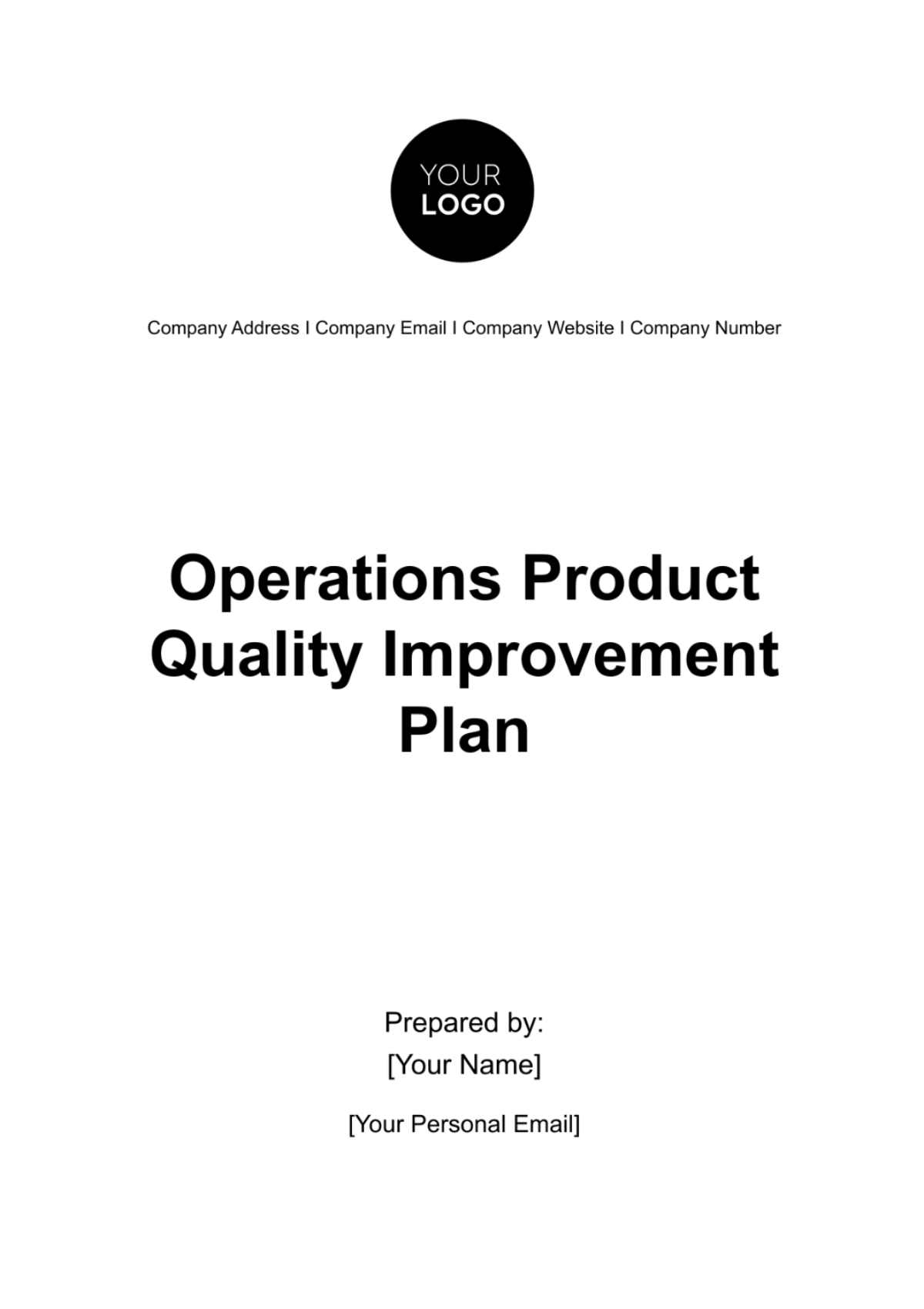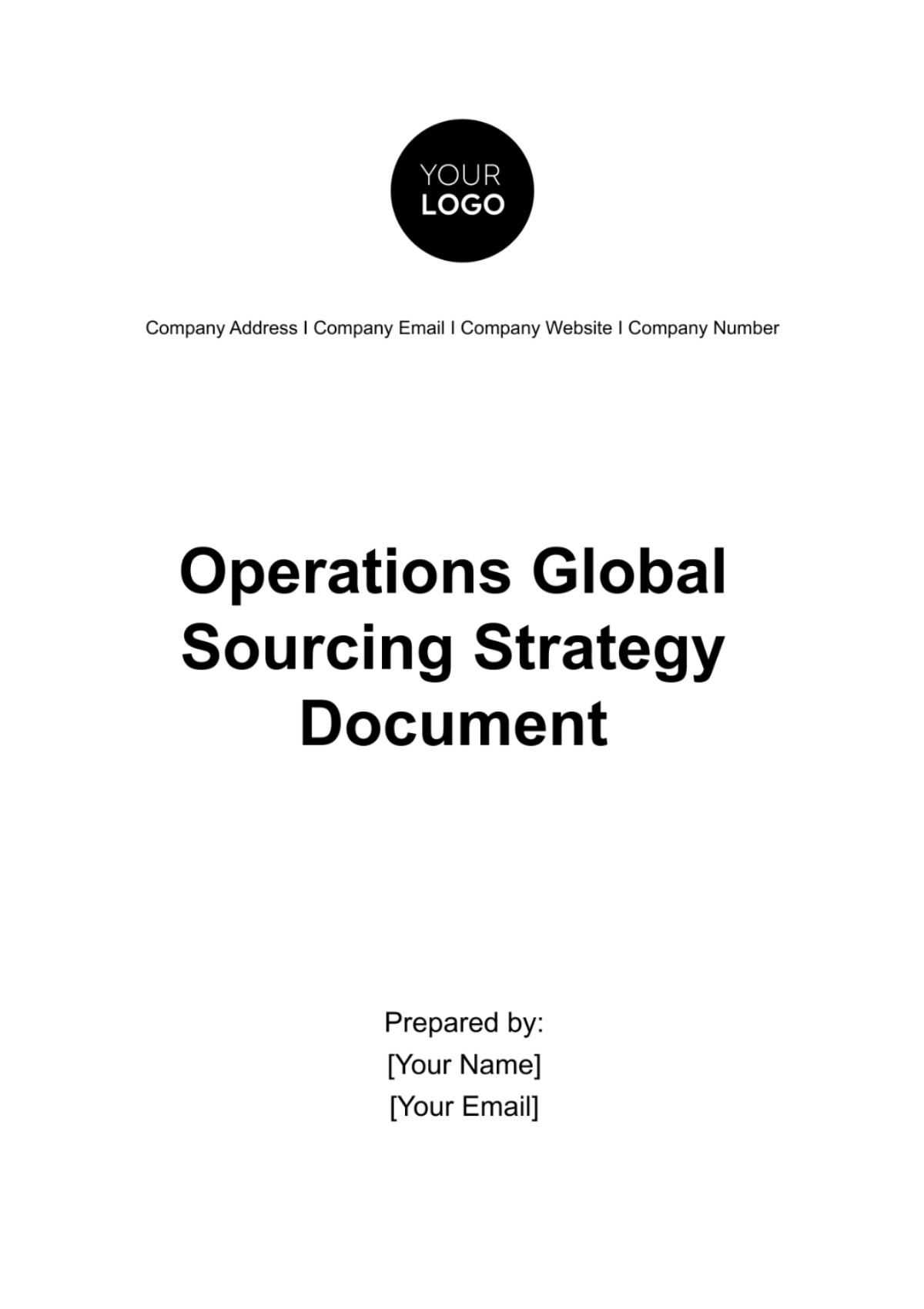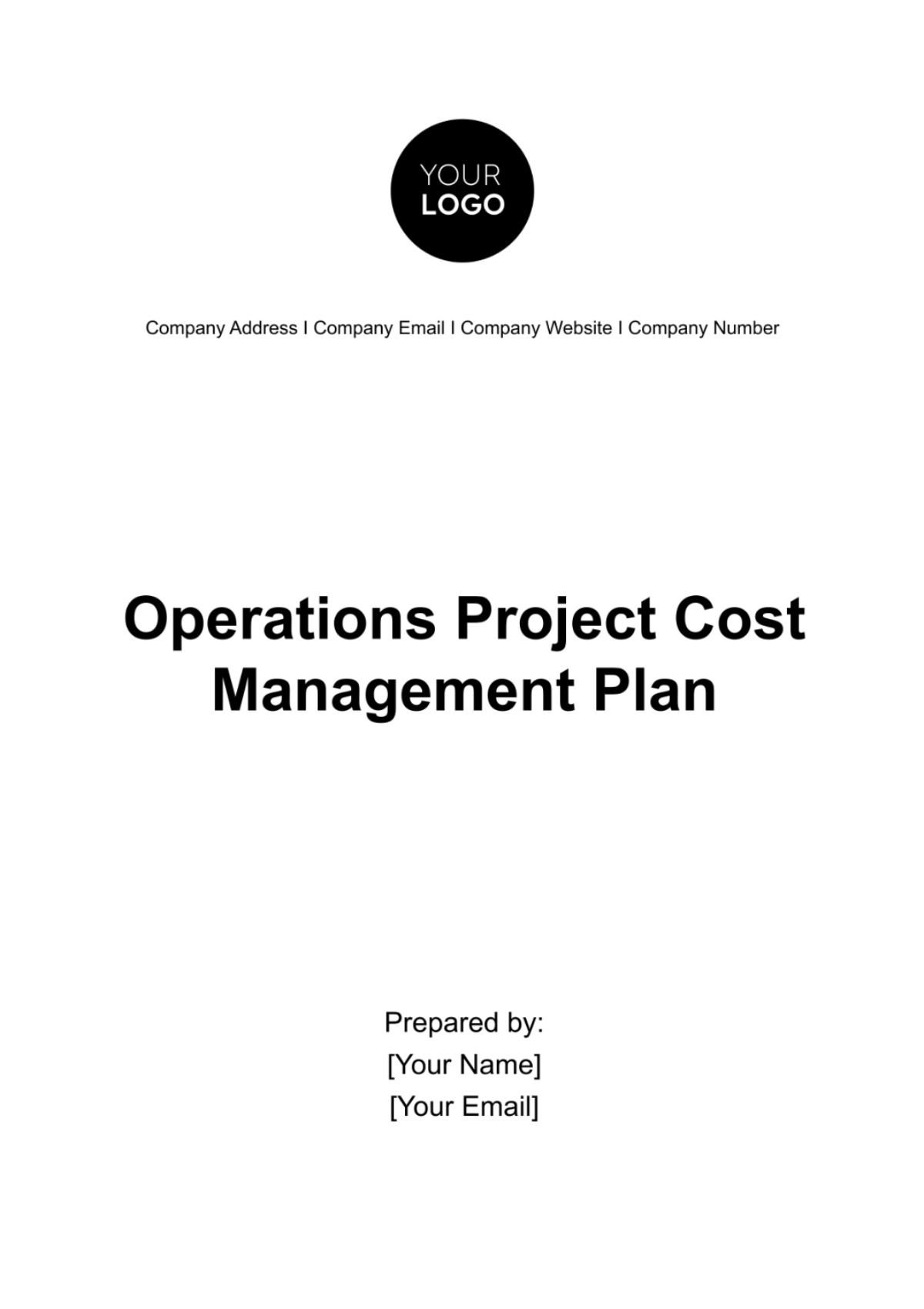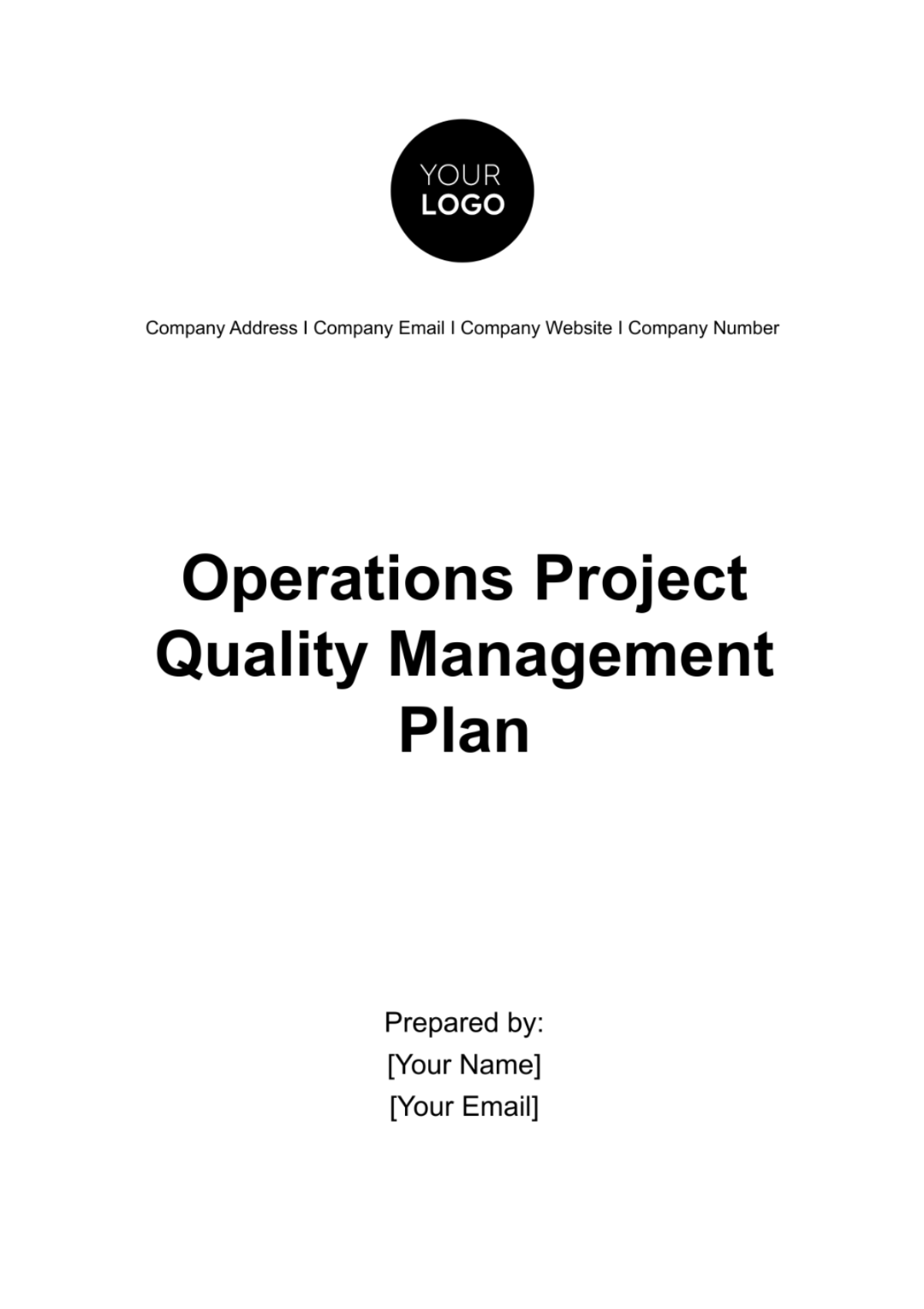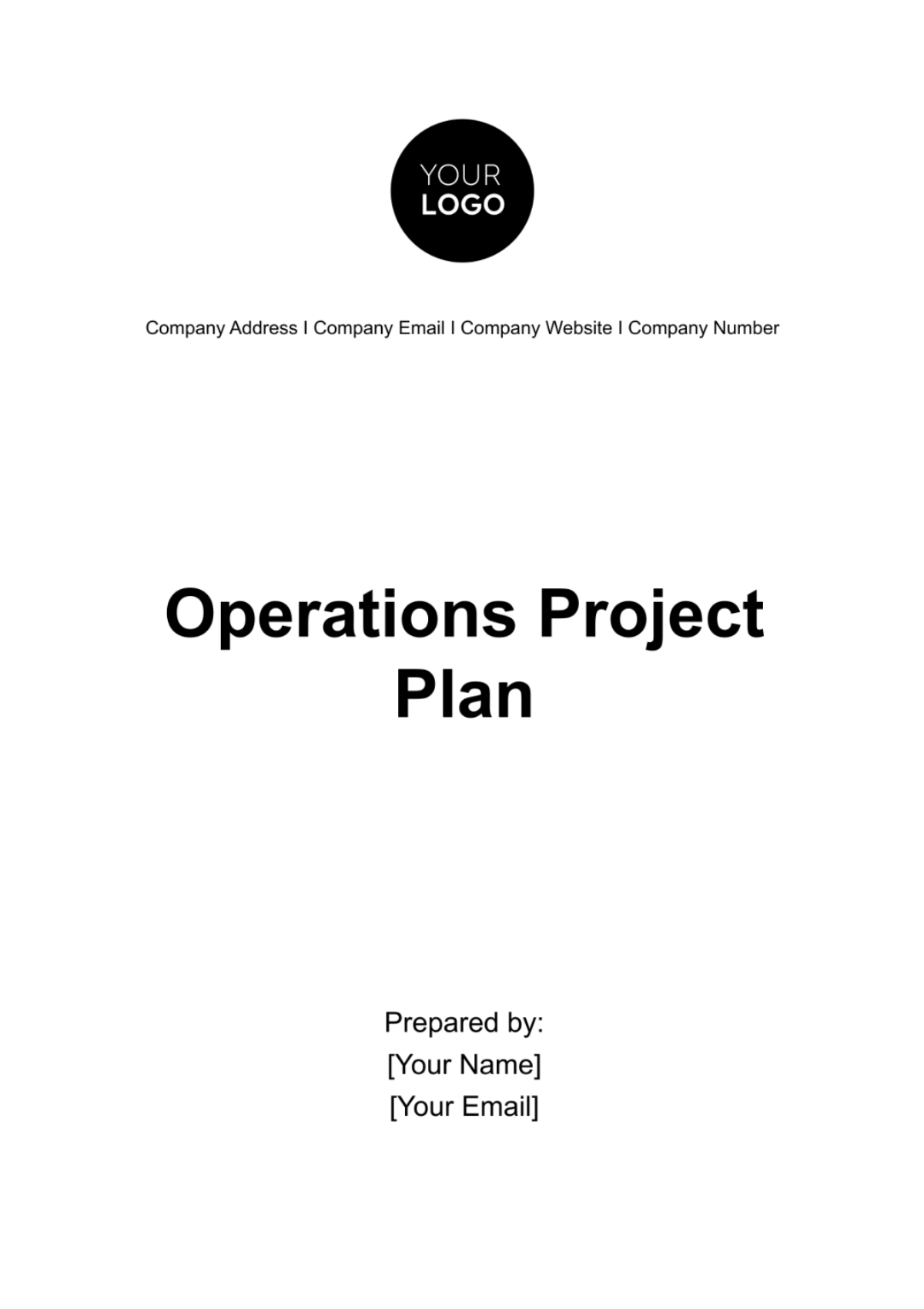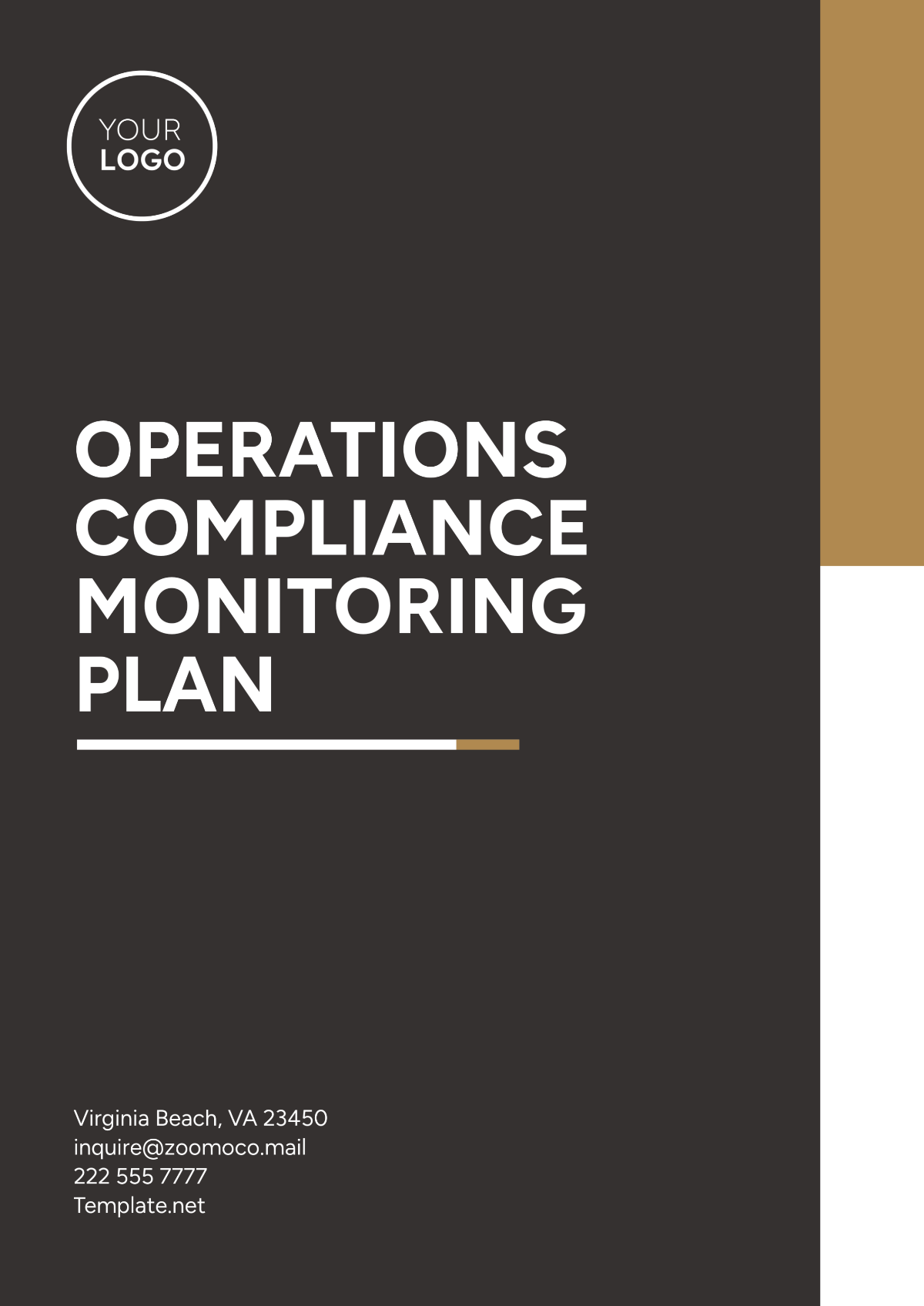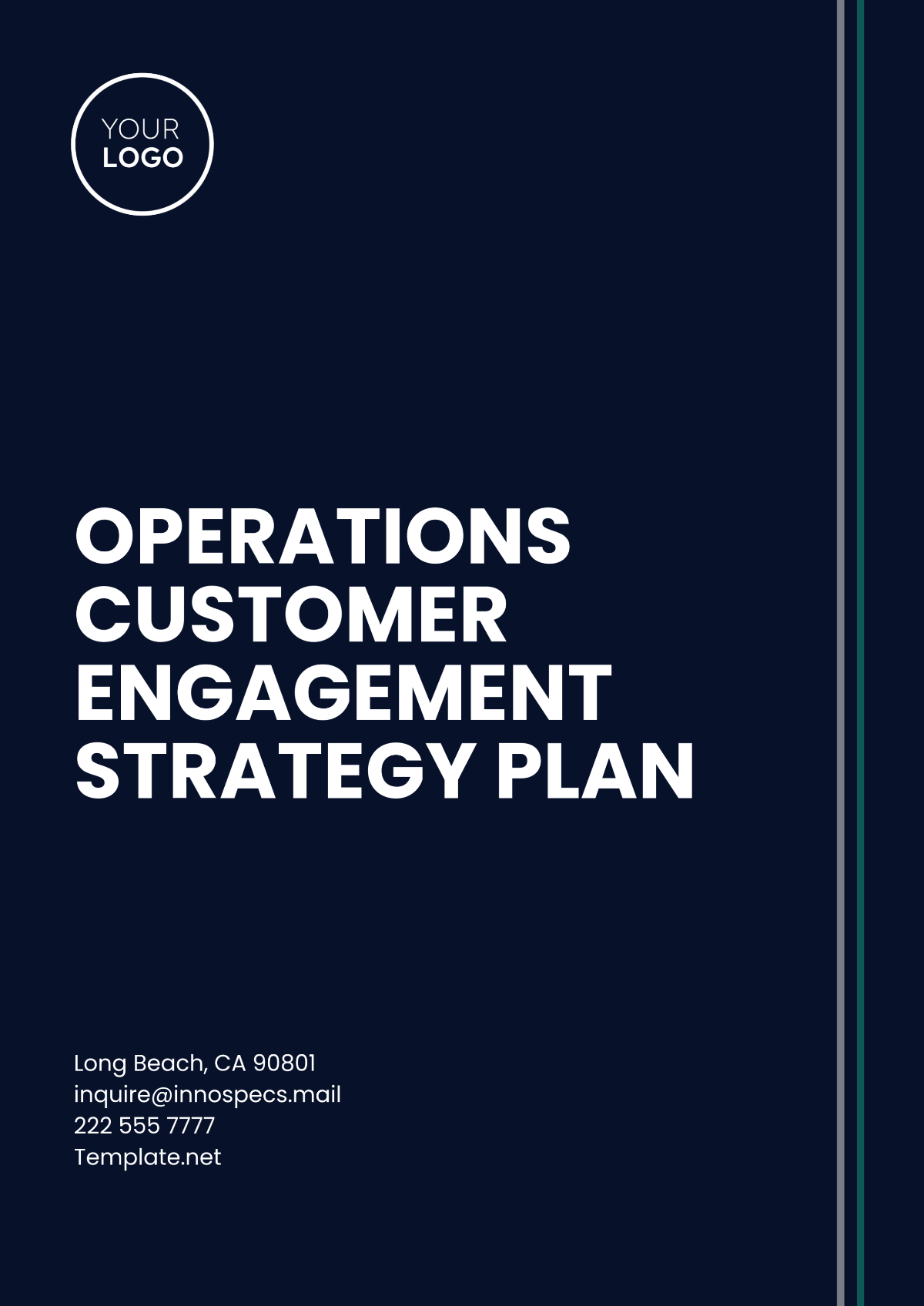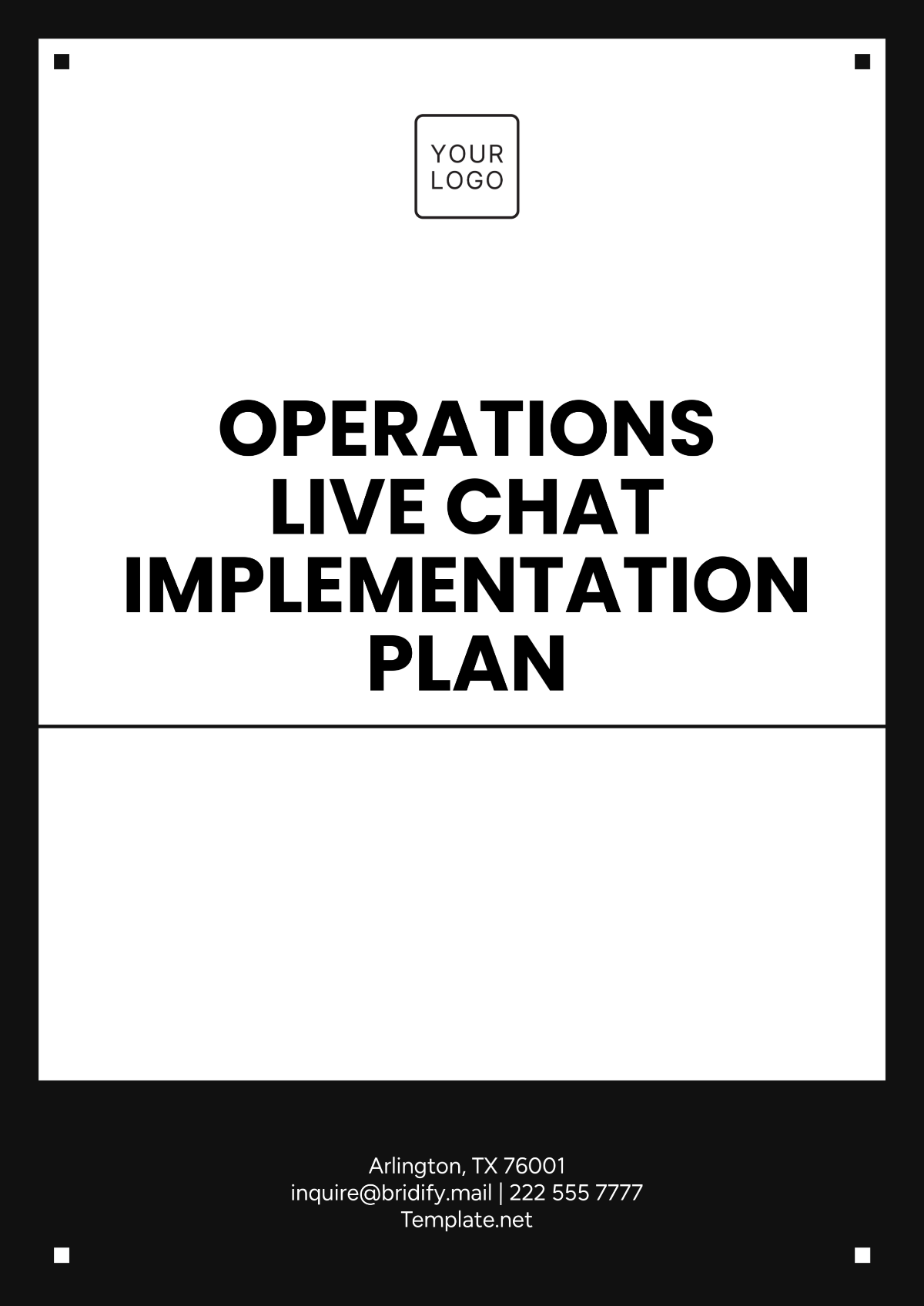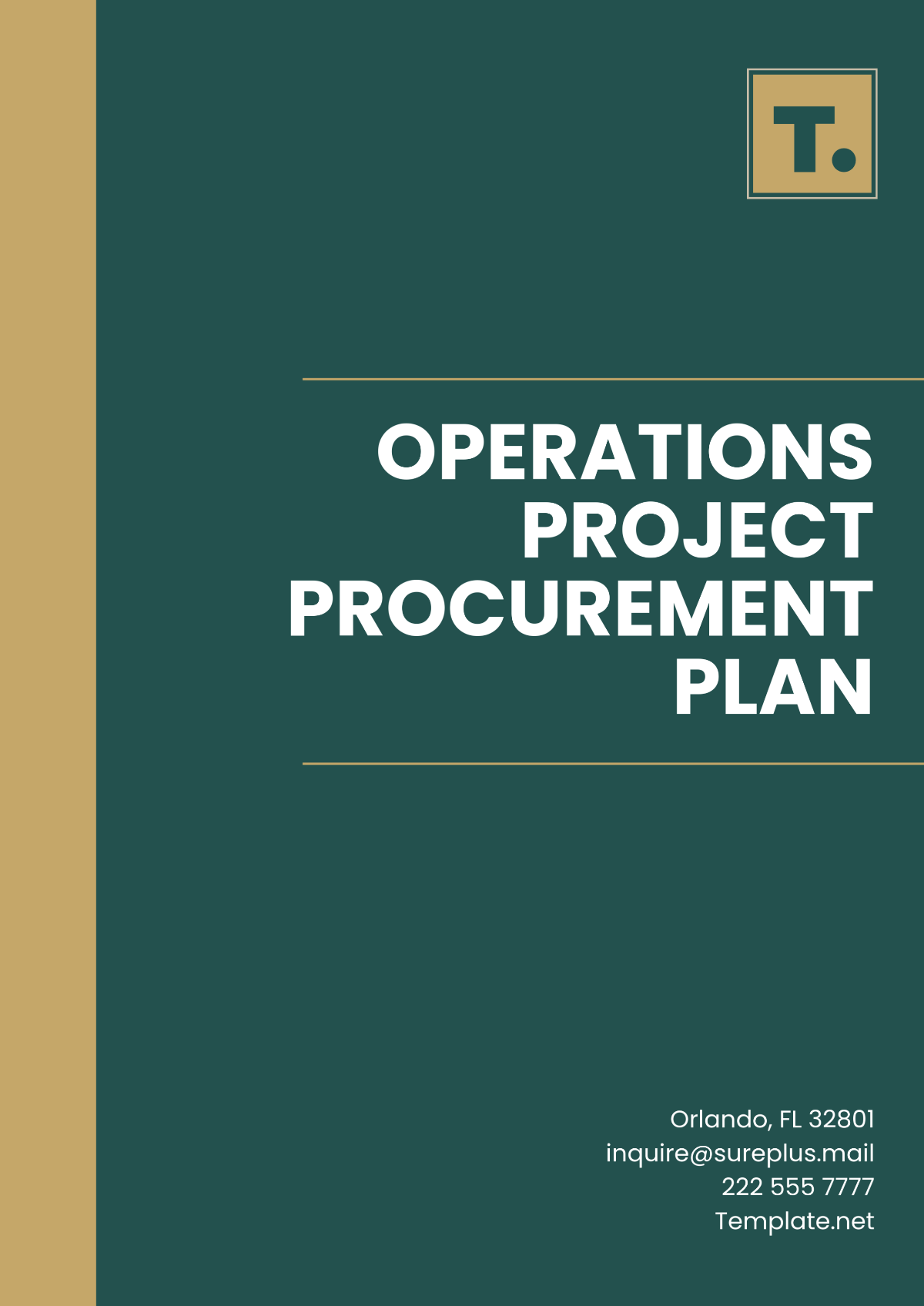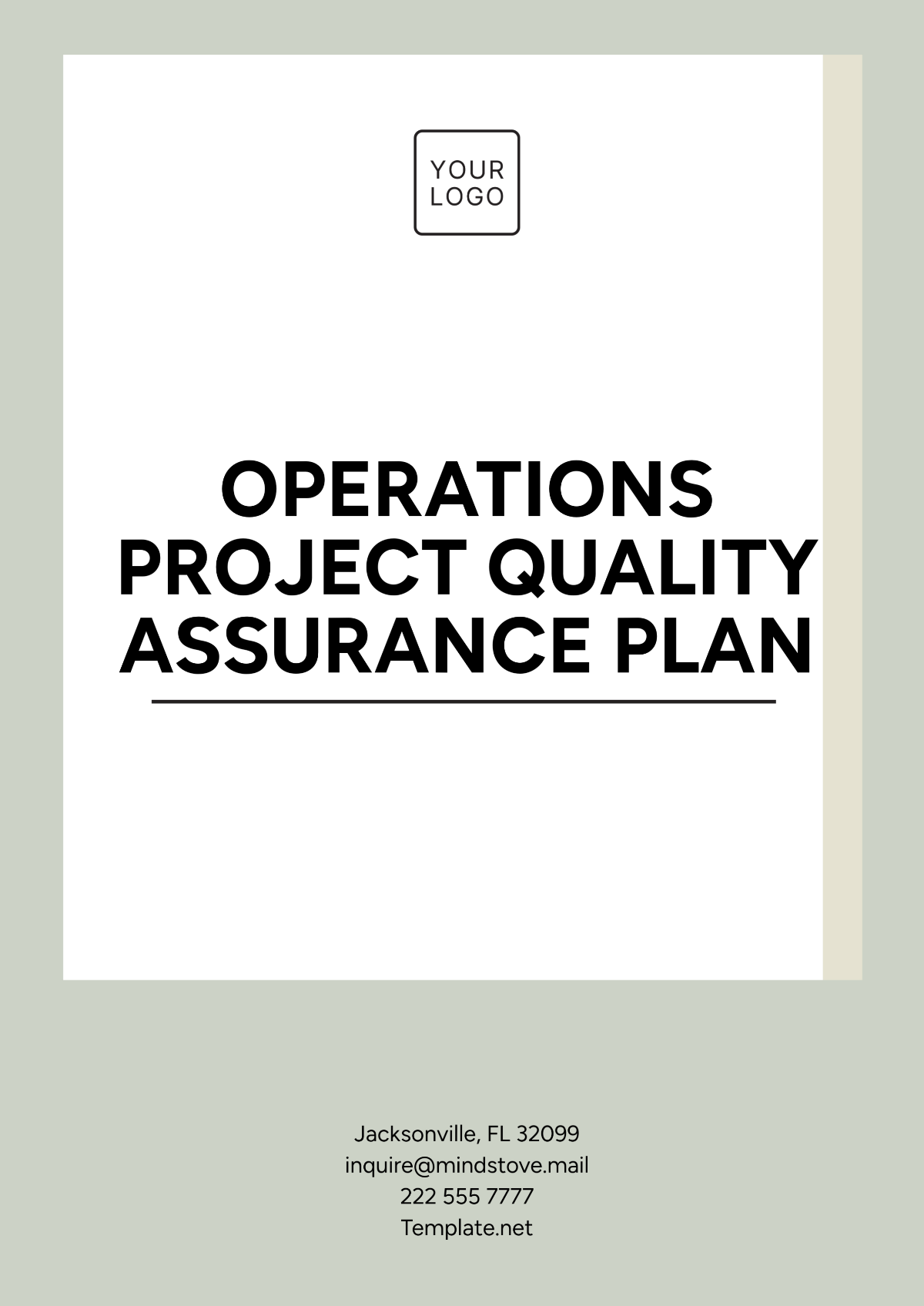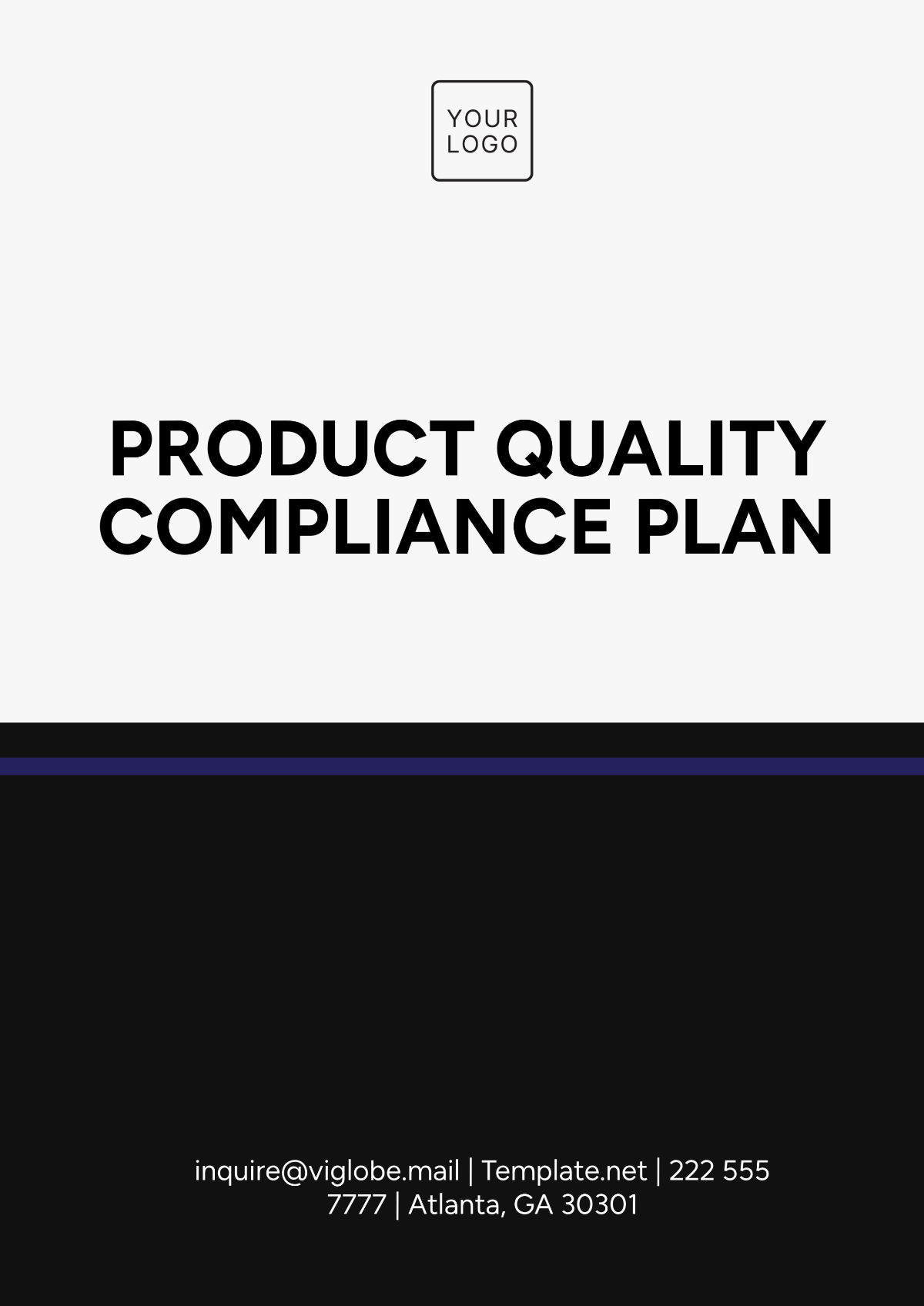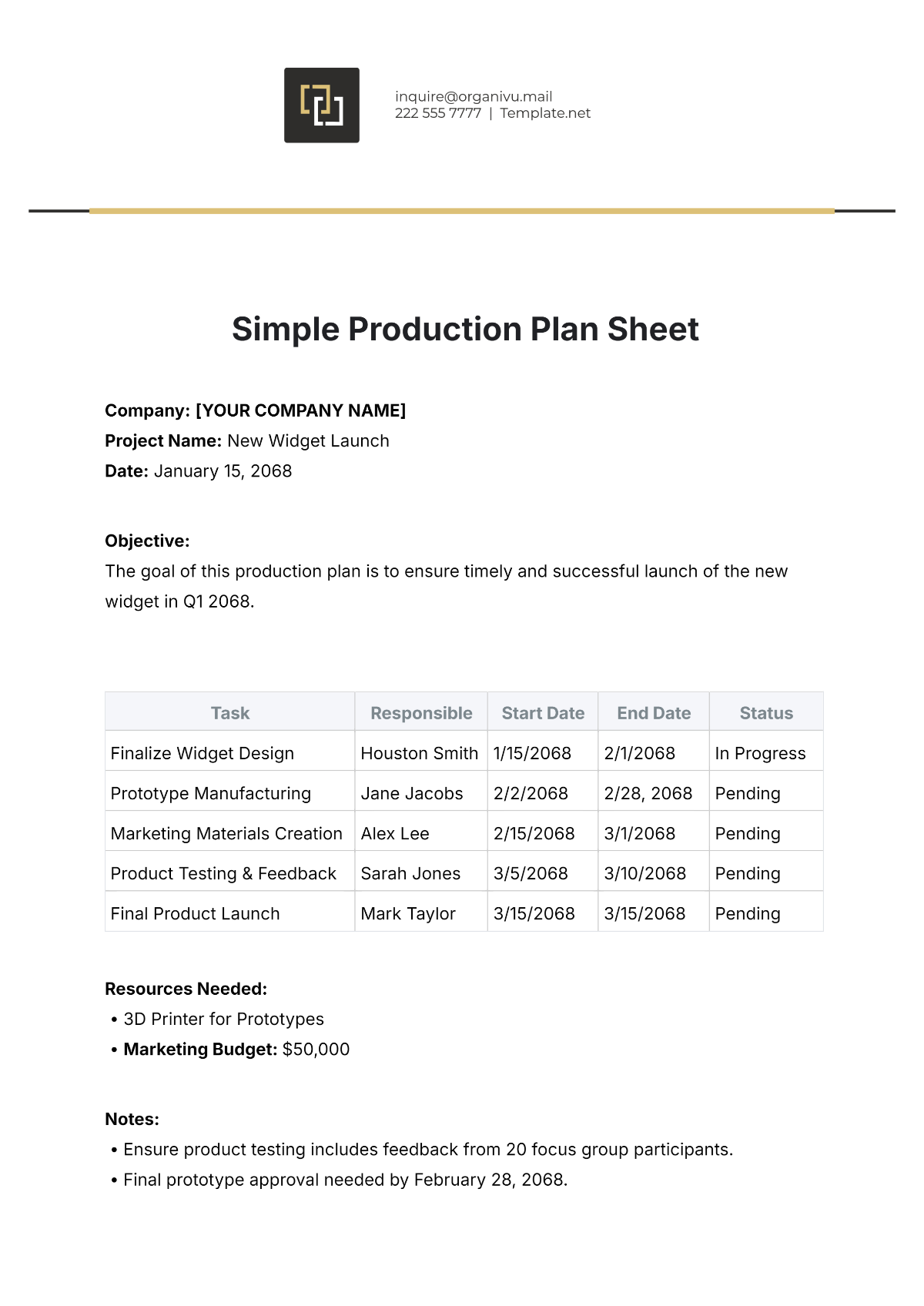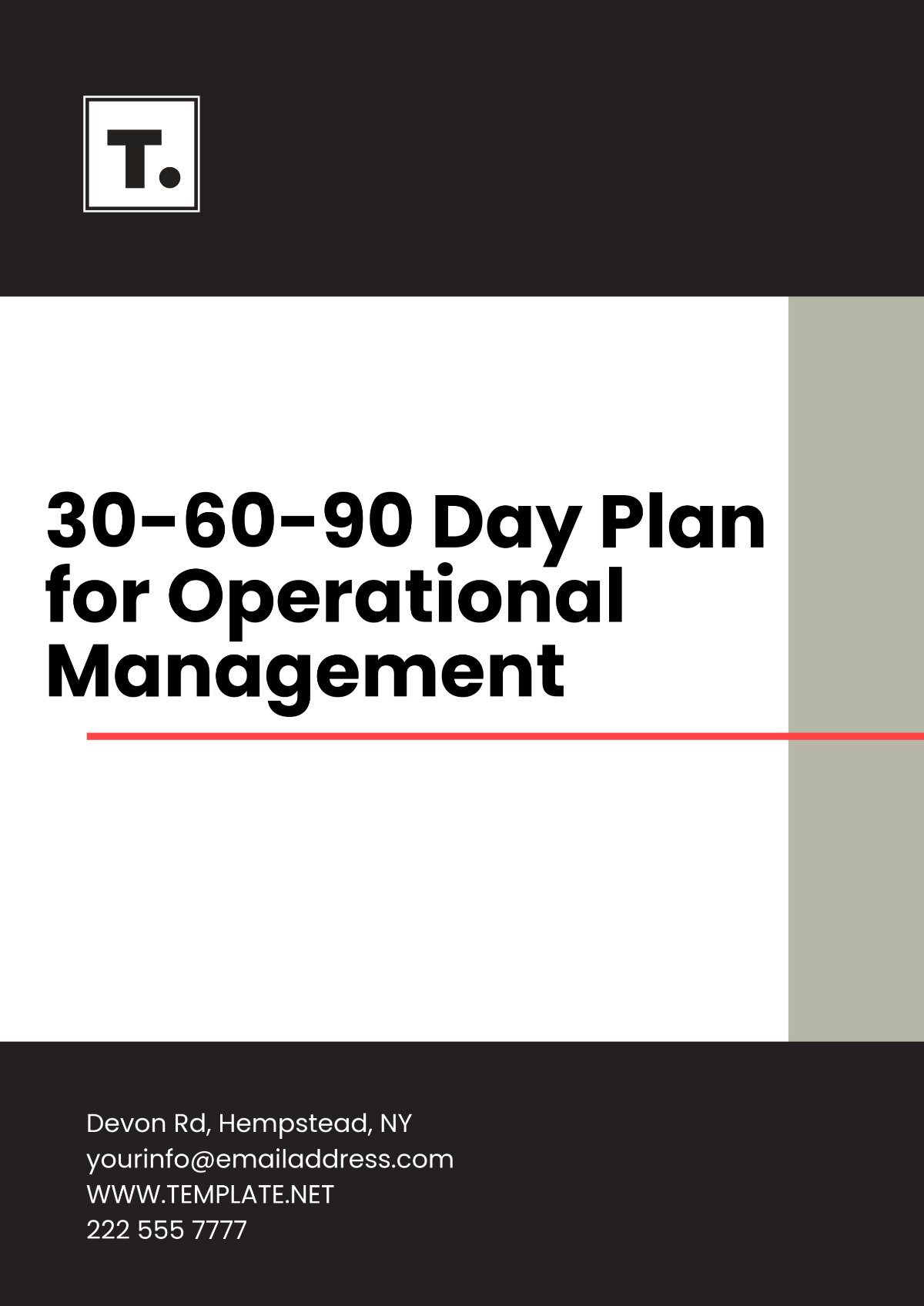Project Operational Plan
Prepared by | [Your Name] |
Date | [Date] |
I. Introduction
The Project Operational Plan outlines the strategies and tasks necessary for the successful execution of [Your Company Name]'s marketing campaign. This plan aims to achieve increased brand visibility by effectively utilizing resources and implementing targeted marketing strategies.
II. Campaign Goals
Increase brand awareness by 20%.
Generate 500 leads or conversions.
Drive 10,000 visitors to [Your Company Website]
III. Target Audience Analysis
Identify primary and secondary target audience segments.
Analyze demographic, psychographic, and behavioral characteristics.
Determine key pain points and motivations.
IV. Budget Allocation
Total budget: $100,000
Allocation:
Digital Advertising: 40%
Social Media Marketing: 30%
Content Creation: 20%
Events and Promotions: 5%
Miscellaneous: 5%
V. Marketing Channels
Utilize a mix of online and offline channels including:
Social media platforms ([Your Company Social Media])
Email marketing
Content marketing
Paid advertising (Google Ads, Facebook Ads, etc.)
Events and sponsorships
VI. Timeline
Campaign Duration: [Start Date] to [End Date]
Key Milestones:
Campaign Planning and Preparation
Launch
Ongoing Campaign Management
Evaluation and Analysis
VII. Performance Metrics
Key Performance Indicators (KPIs):
Impressions
Click-through Rate (CTR)
Conversion Rate
Return on Investment (ROI)
Tools for Measurement:
Google Analytics
Social media analytics tools
Email marketing platforms
VIII. Team Responsibilities
Role | Responsibility |
|---|---|
Marketing Manager | -oversee campaign execution and performance. |
Content Creator | -develop engaging content for various channels. |
Social Media Manager | -manage social media accounts and engagement. |
Graphic Designer | -create visual assets for campaign materials. |
Analyst | -optimize campaigns through metric analysis and monitoring. |
IX. Risk Management
Identify risks like budget overruns, market shifts, or technical problems.
Develop mitigation strategies to minimize impact.
Regularly review and adapt strategies to performance and market changes.
X. Communication Plan
Set up clear communication methods and rules for the marketing team.
Schedule regular meetings for progress updates and strategy adjustments.
Maintain open communication with stakeholders and clients.
XI. Approval Process
All campaign materials and strategies require approval from the marketing director or designated authority.
Implement a review and approval workflow to ensure accuracy and consistency.
